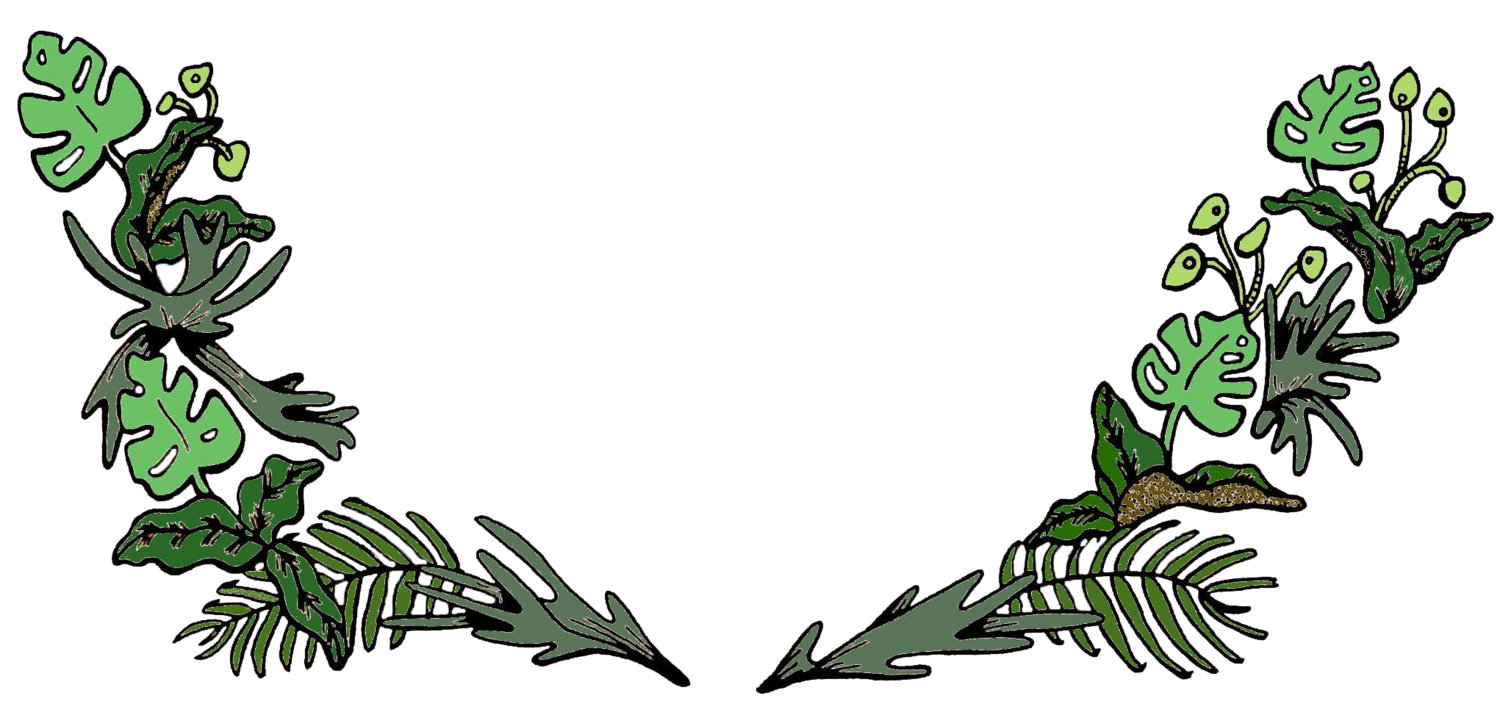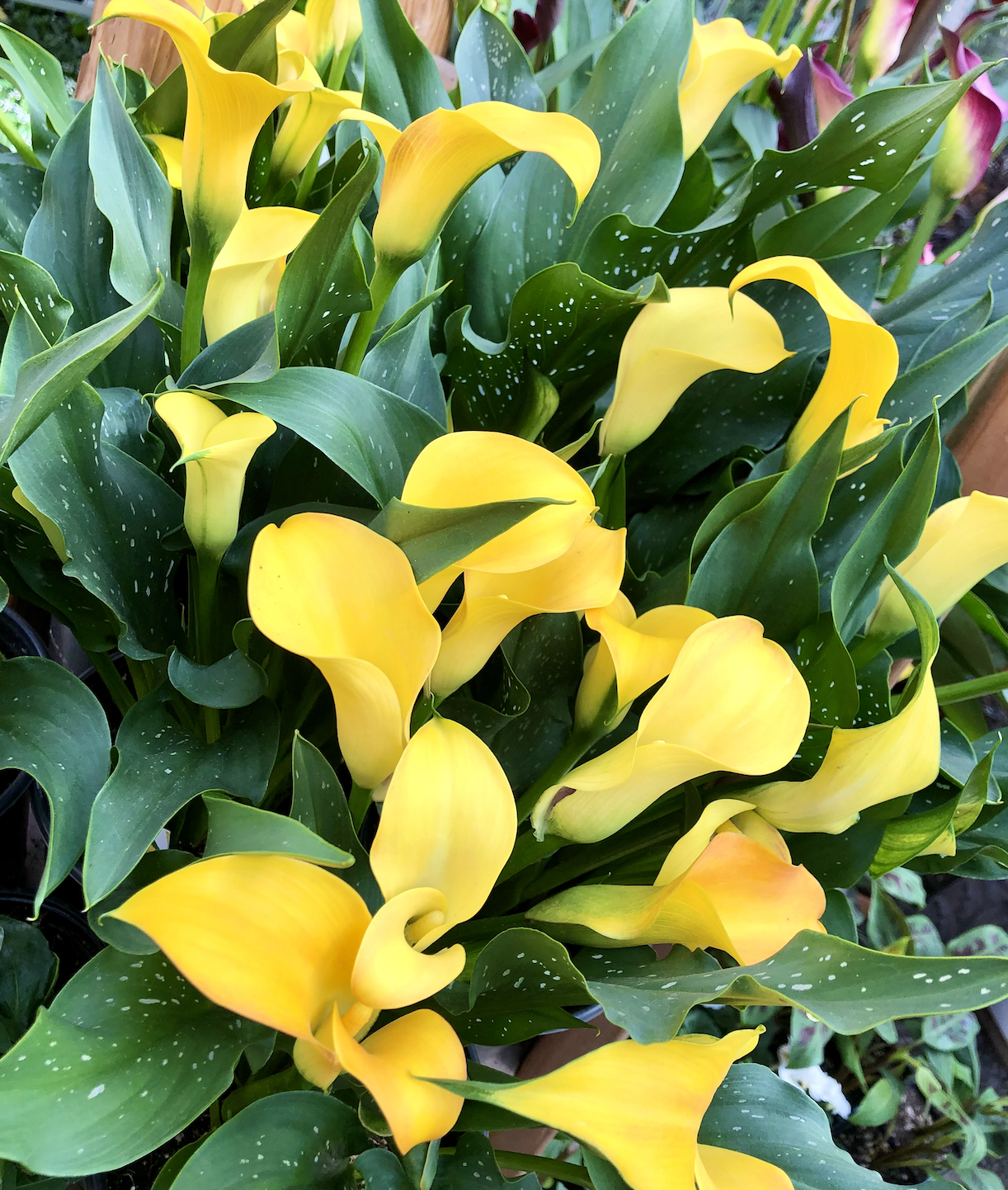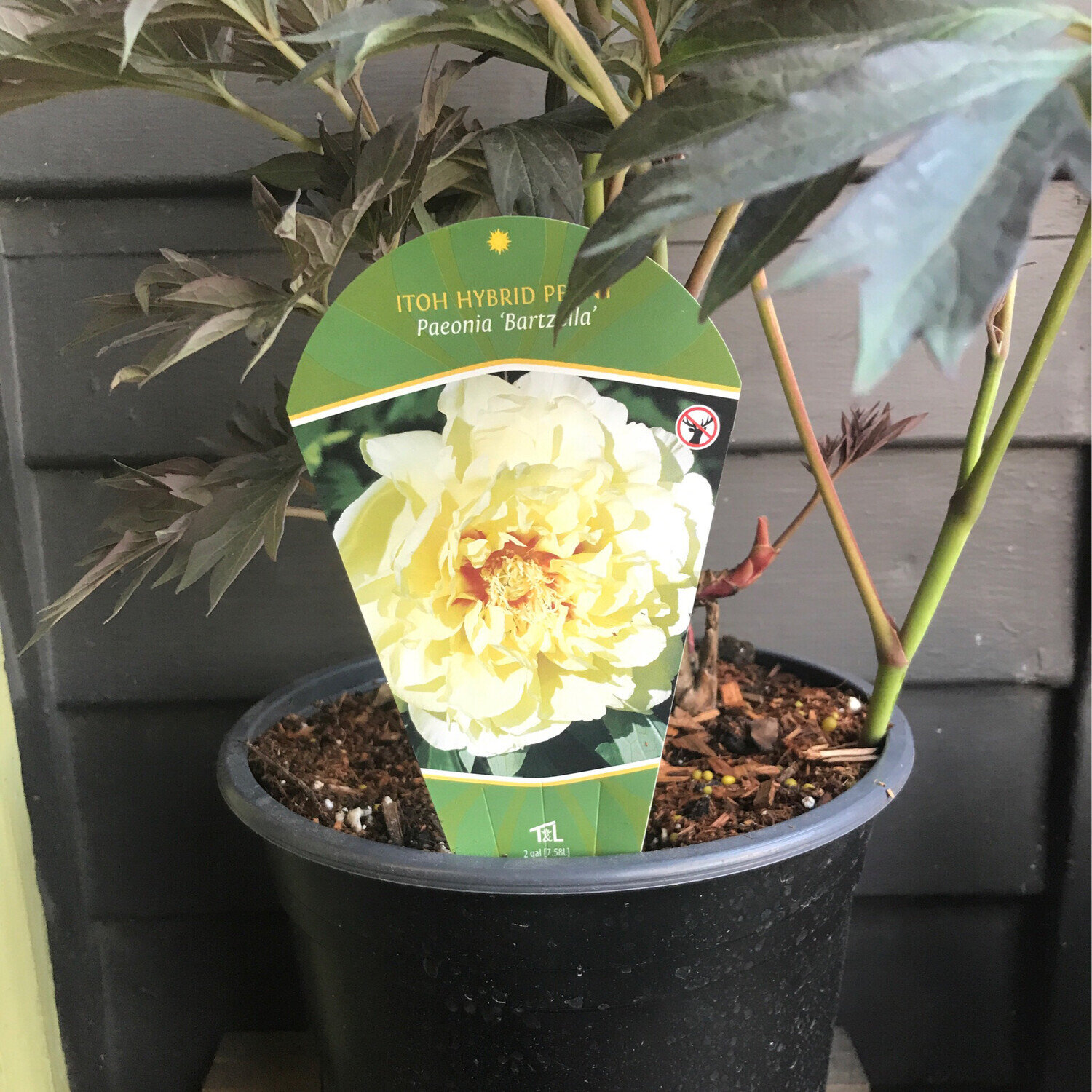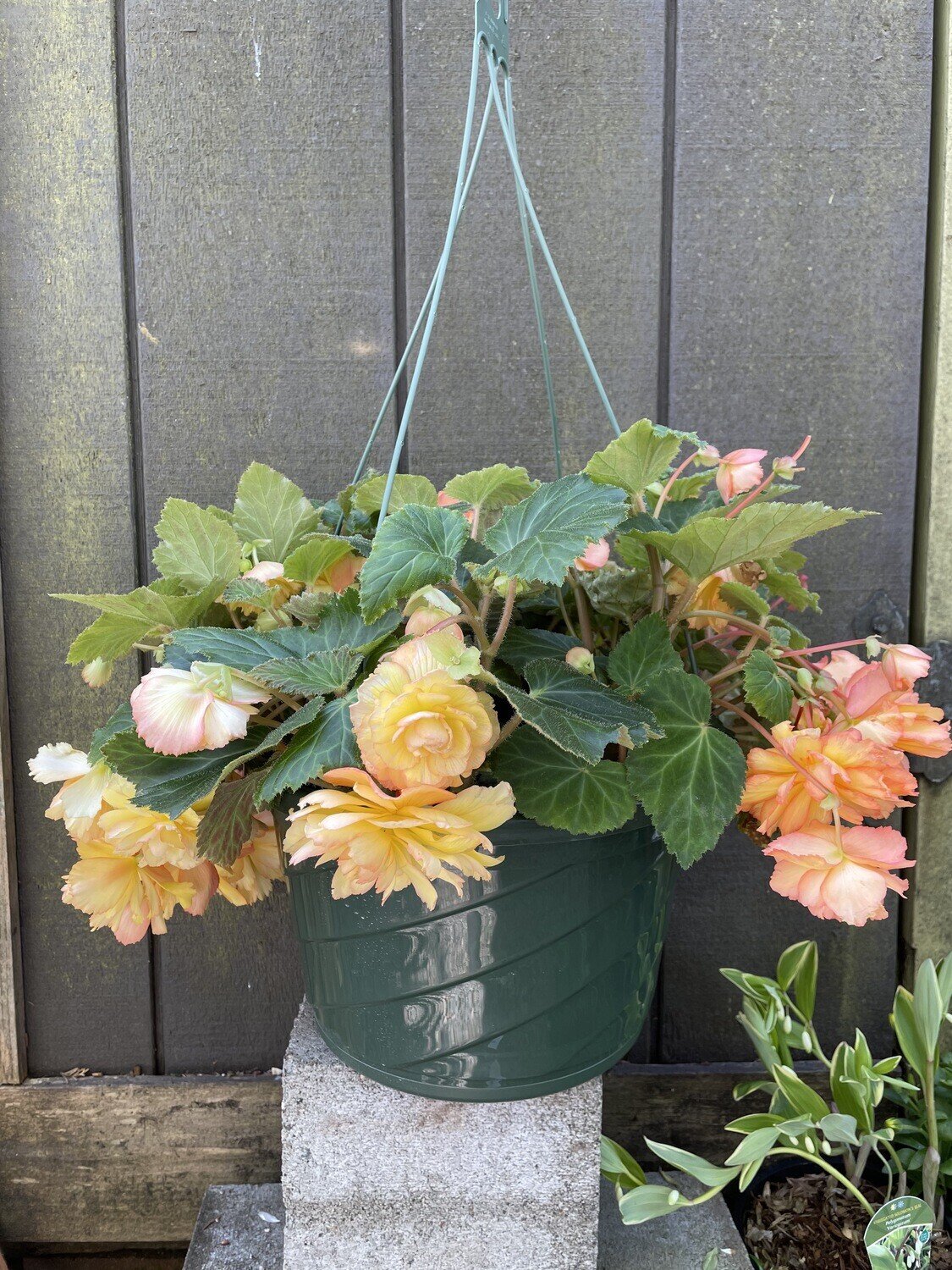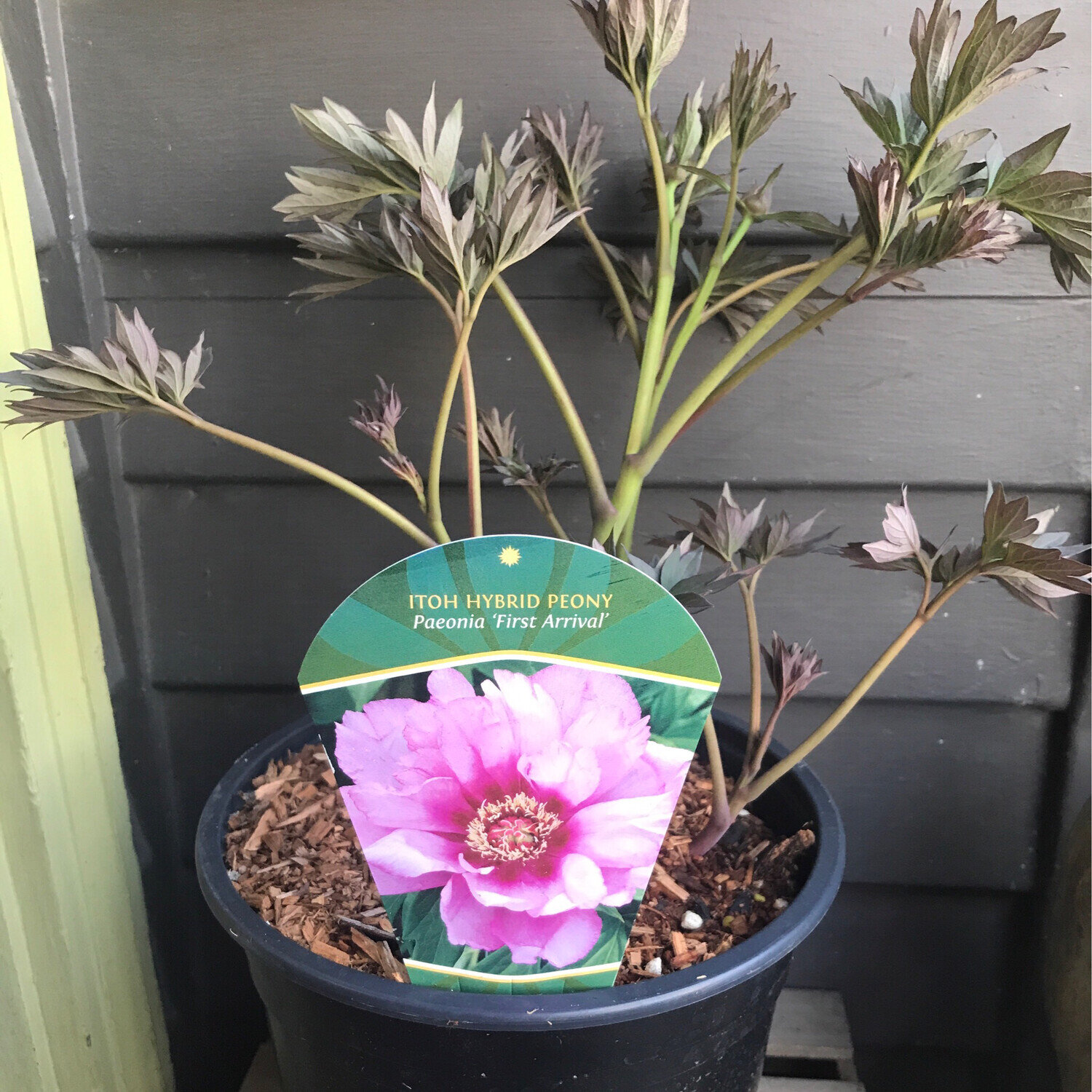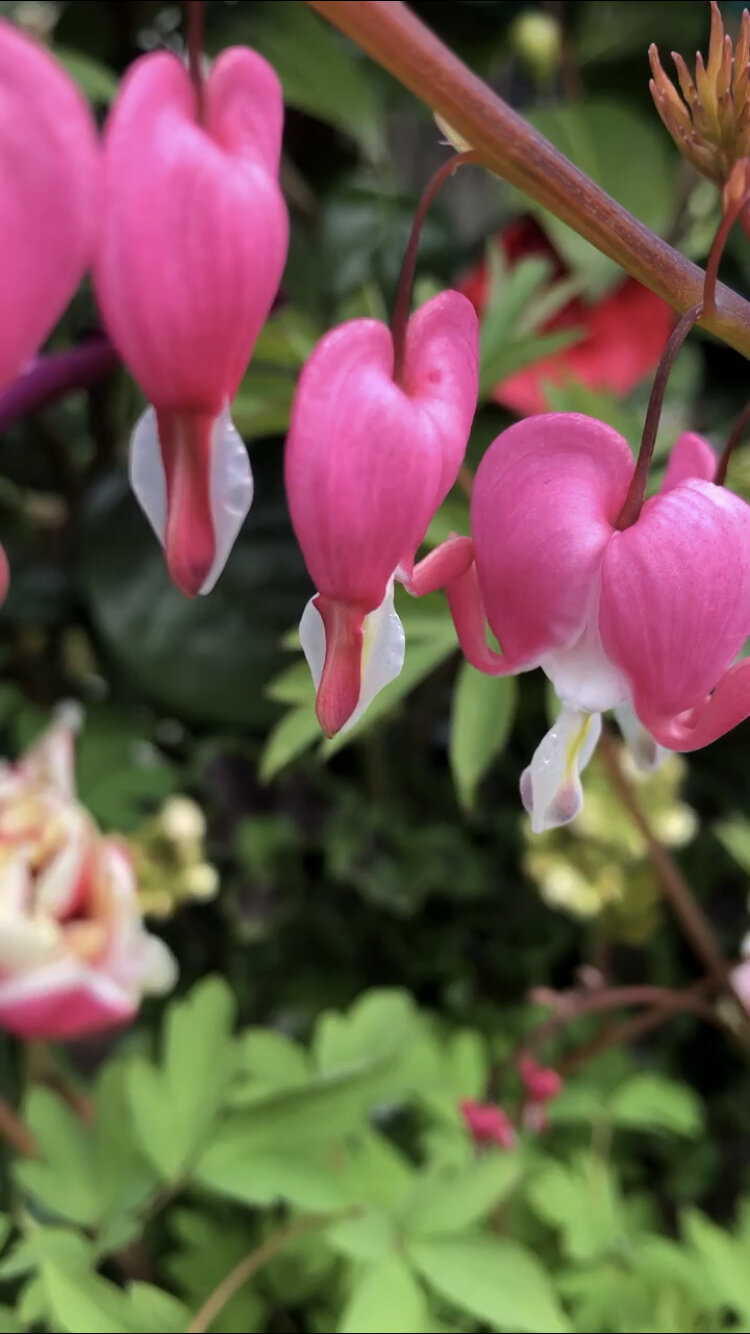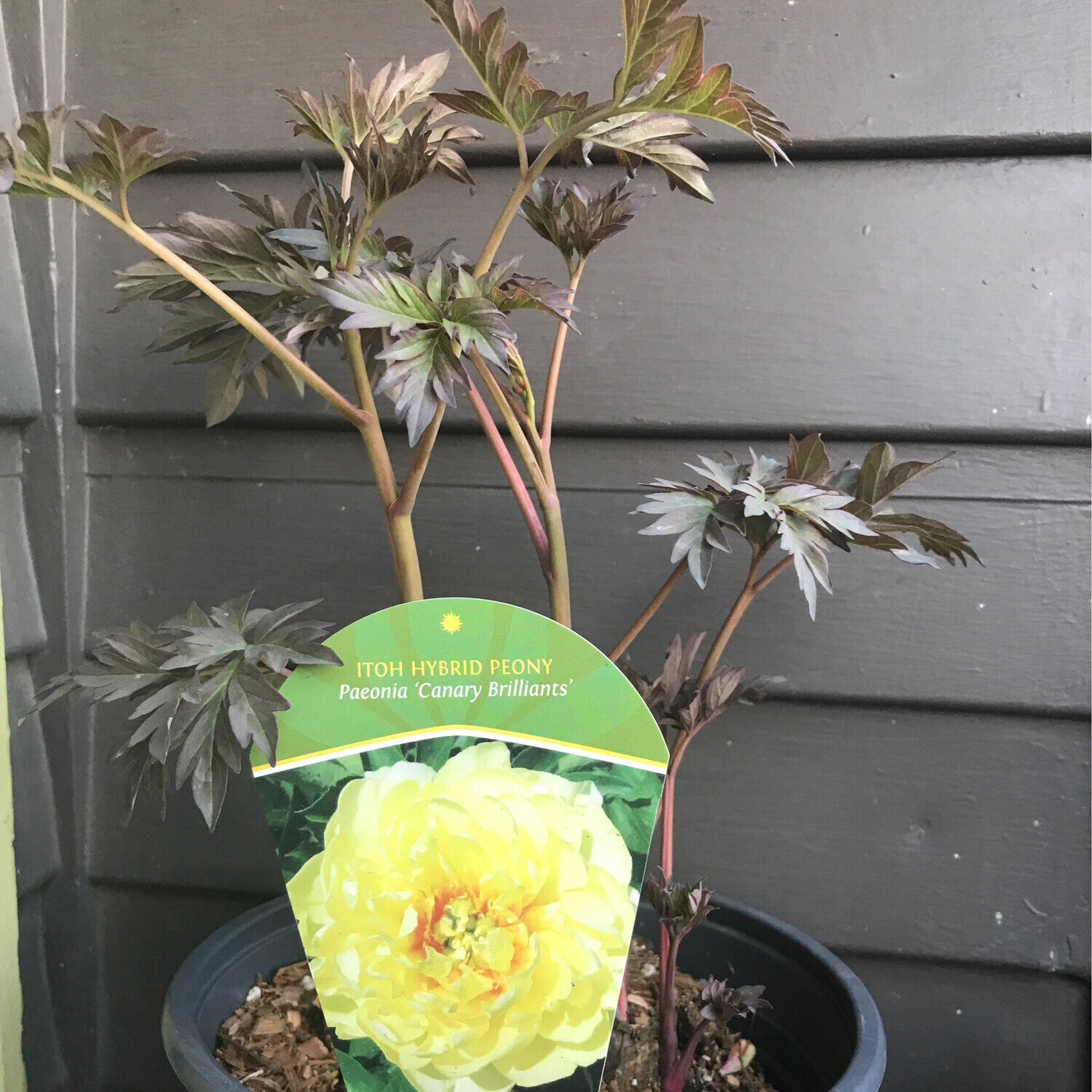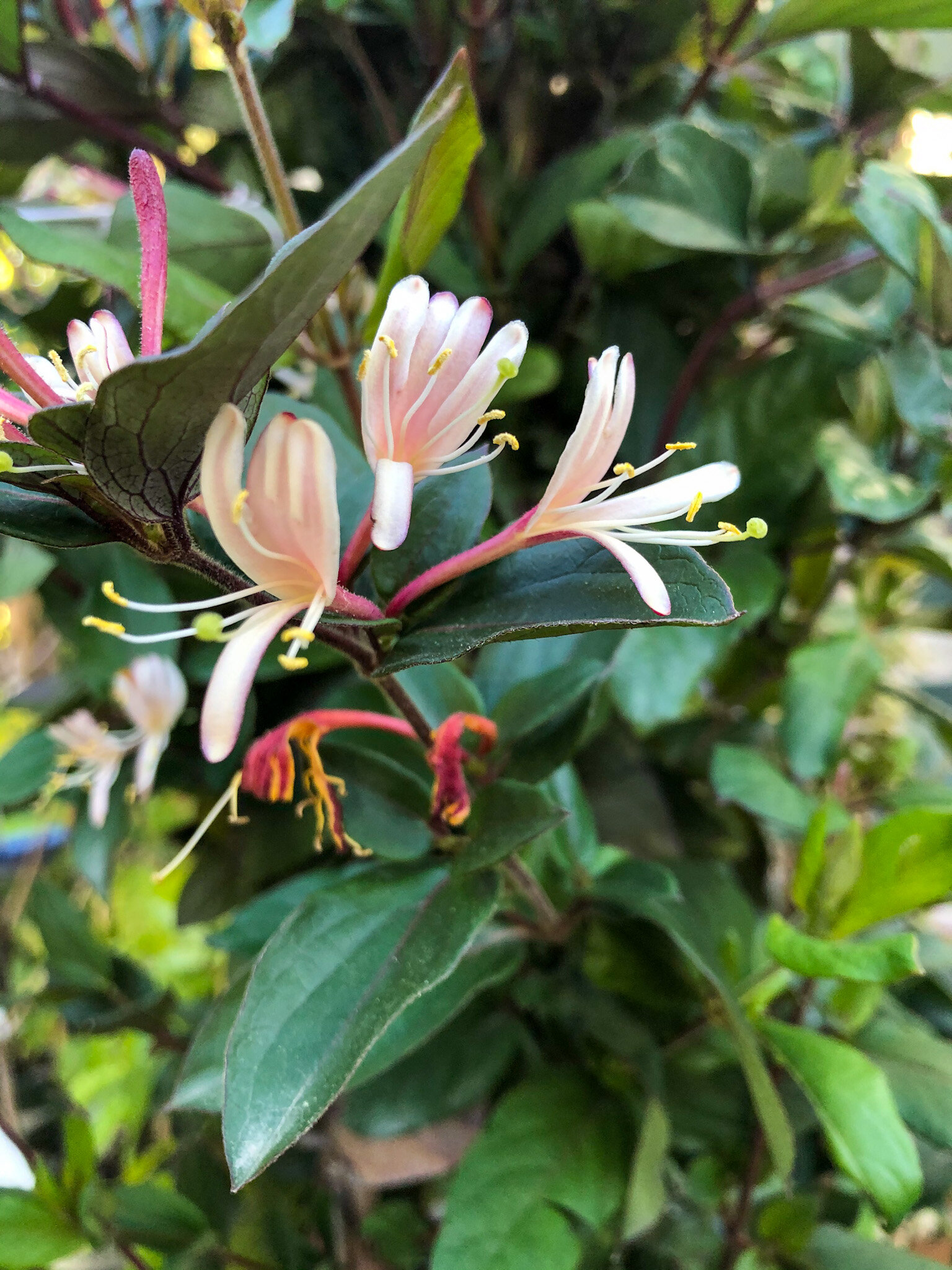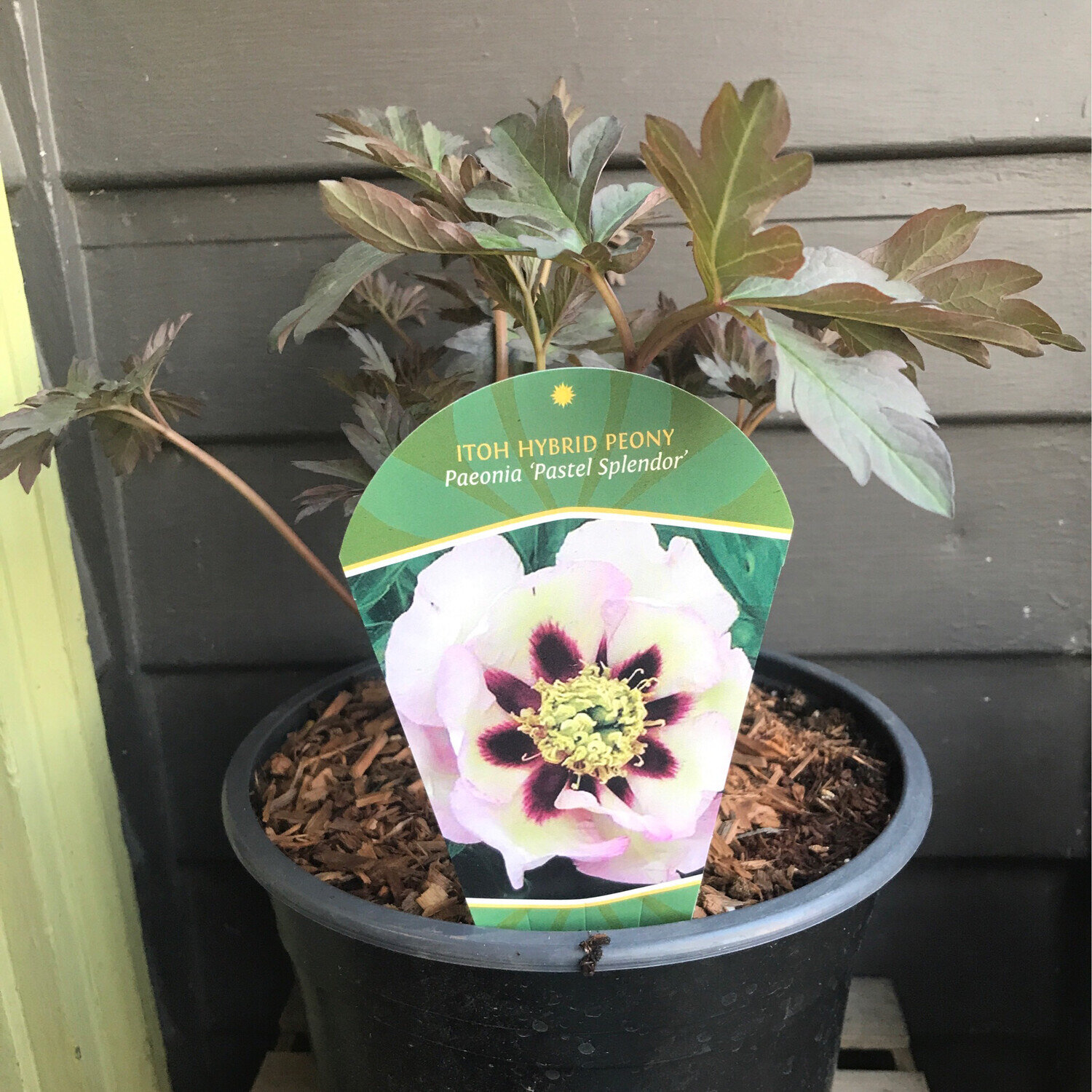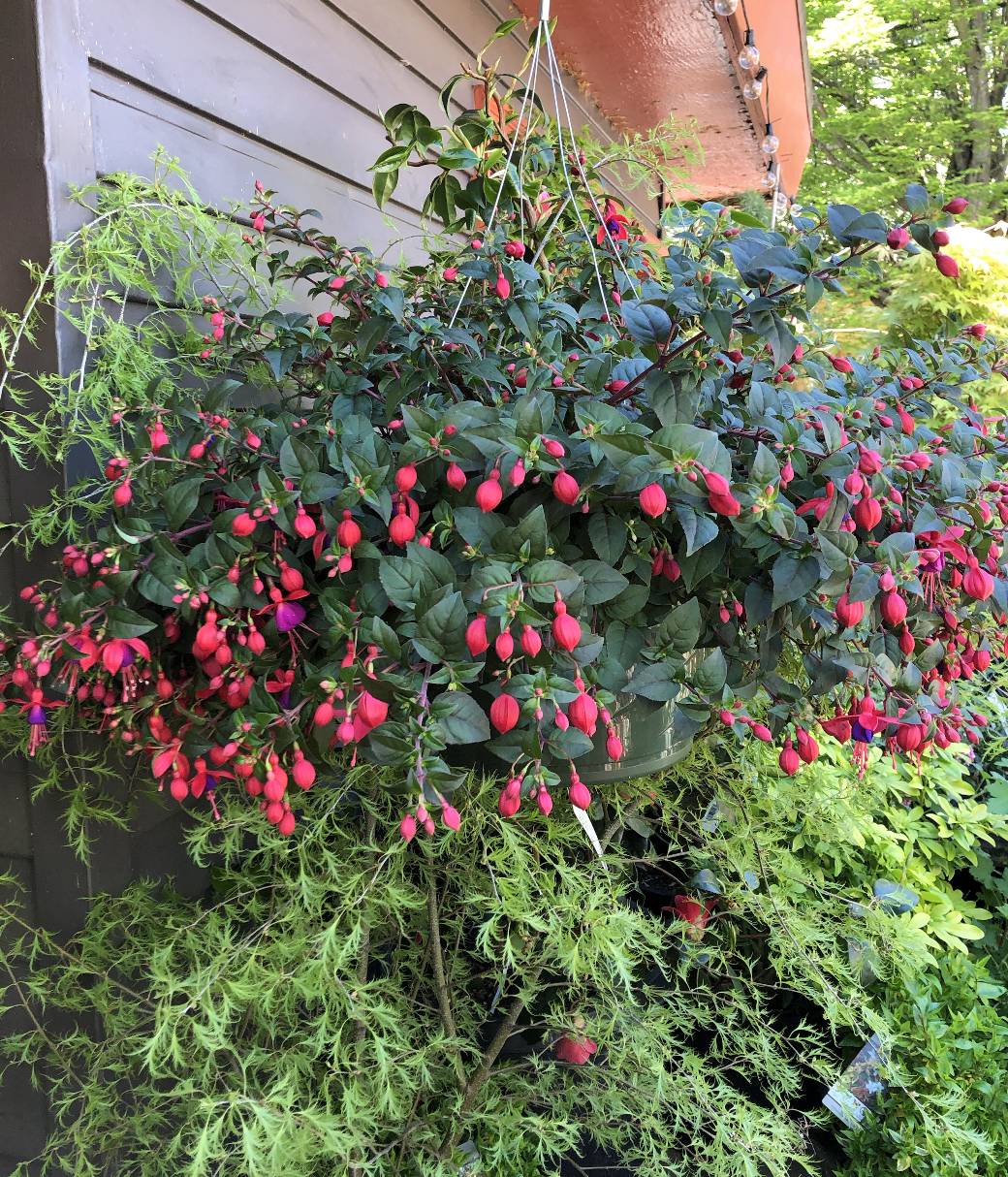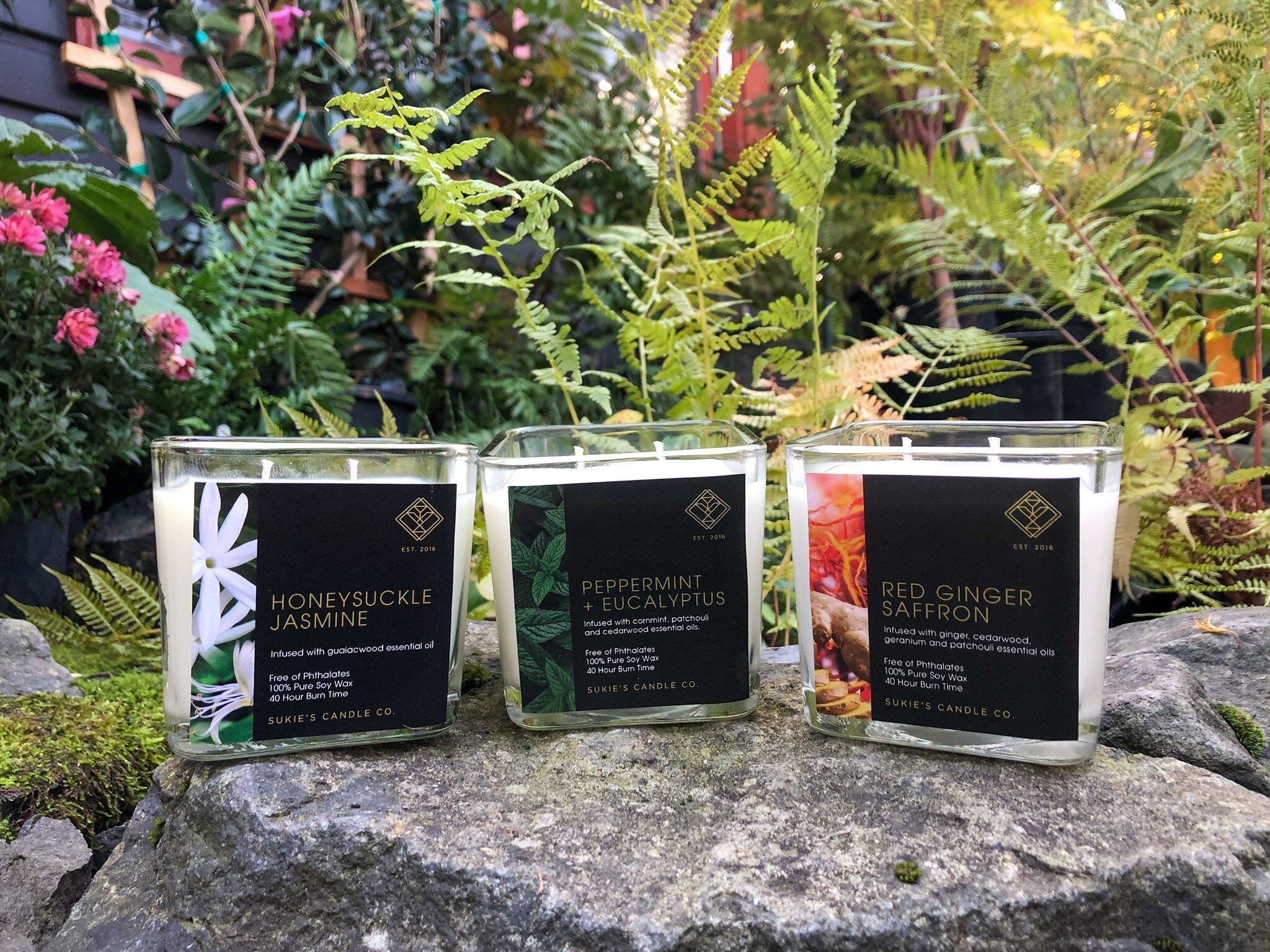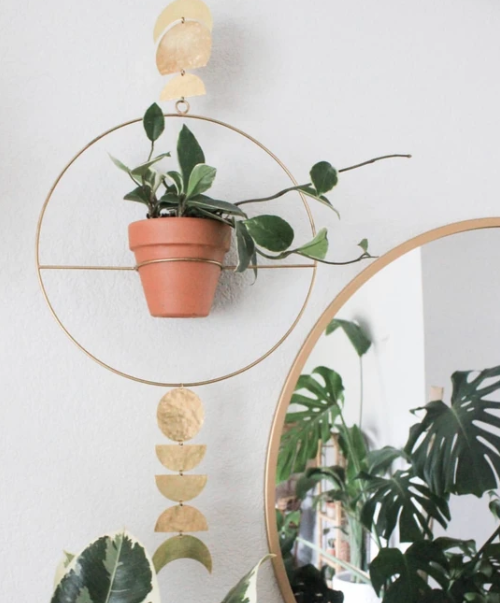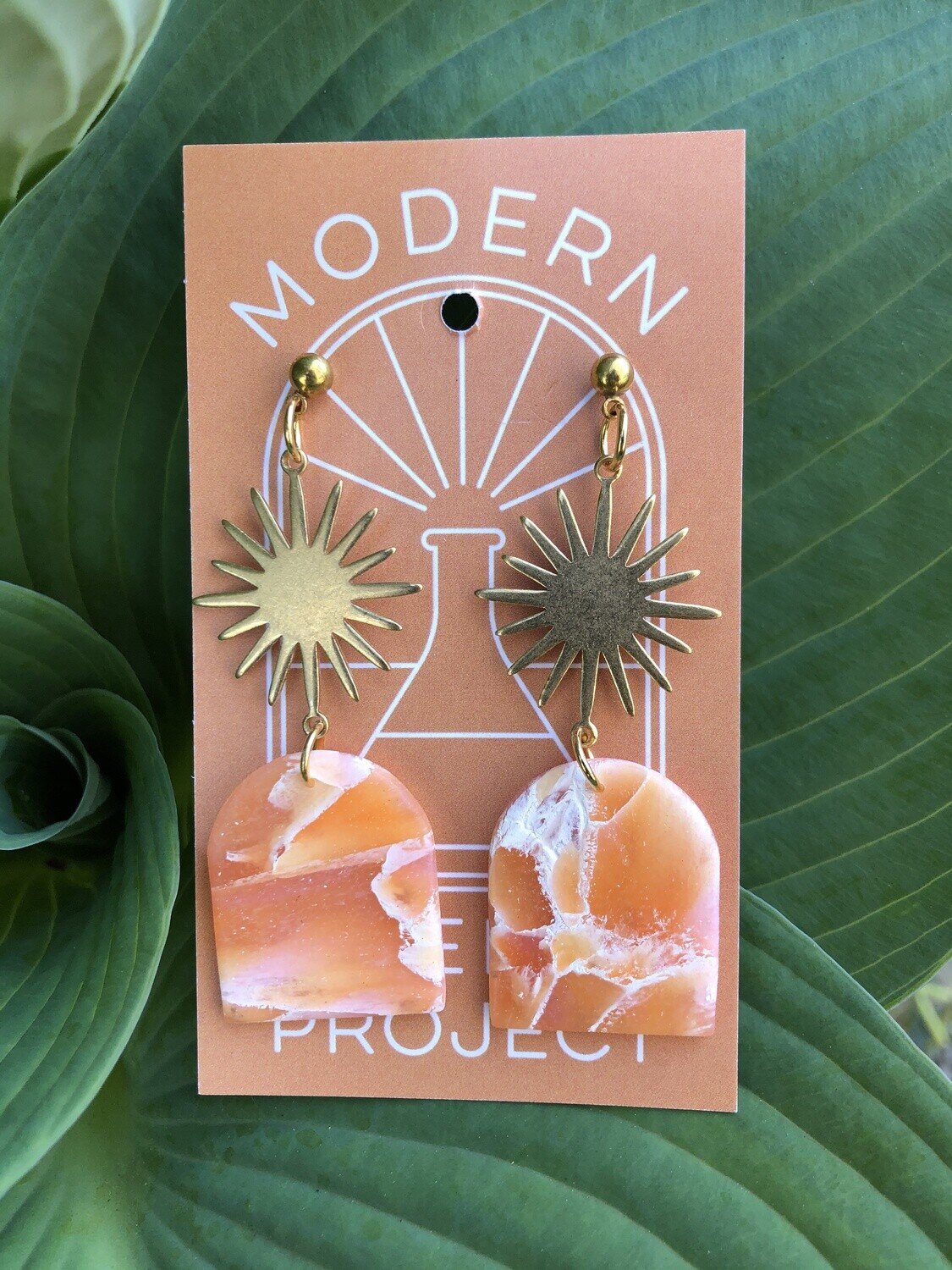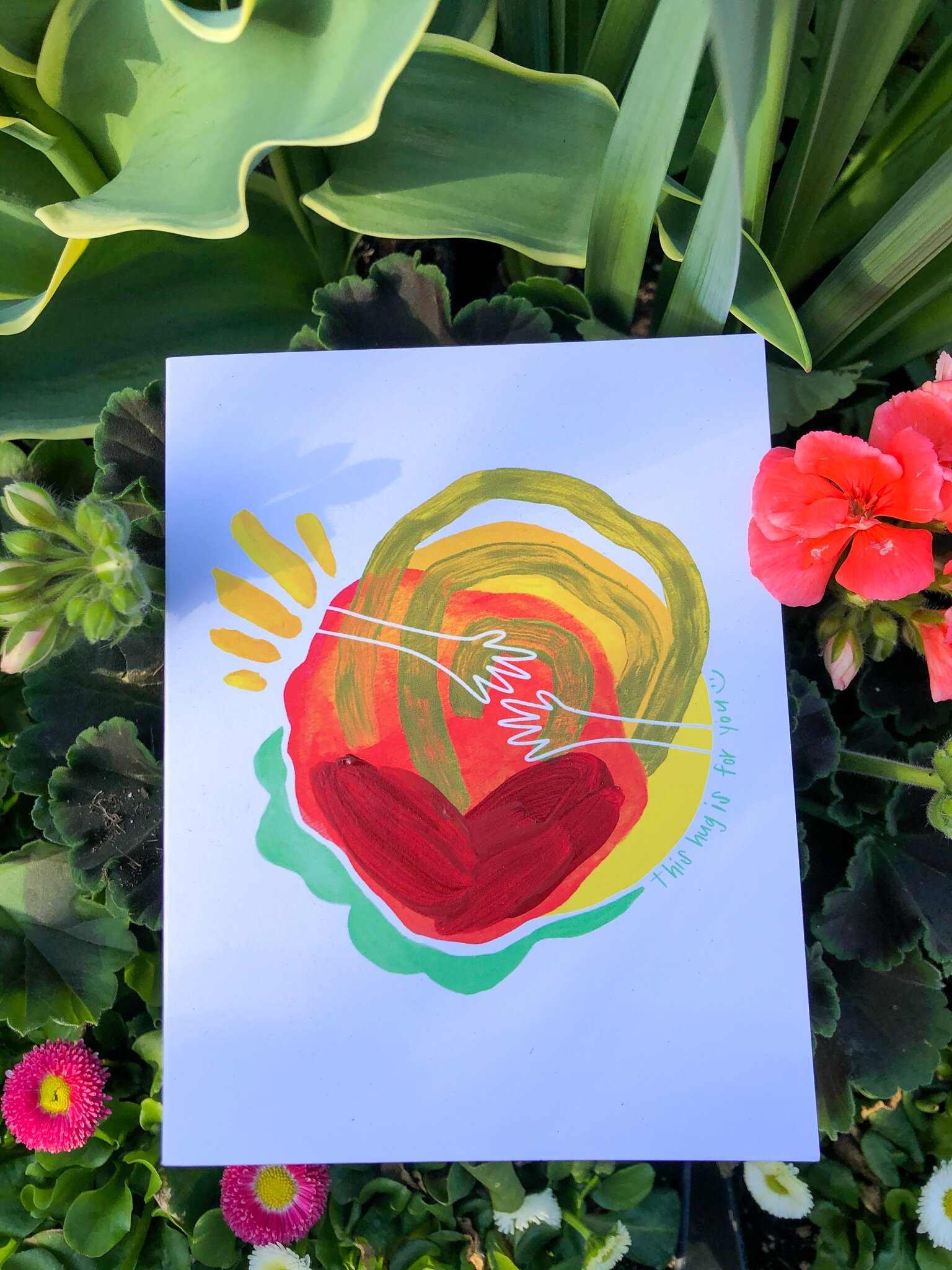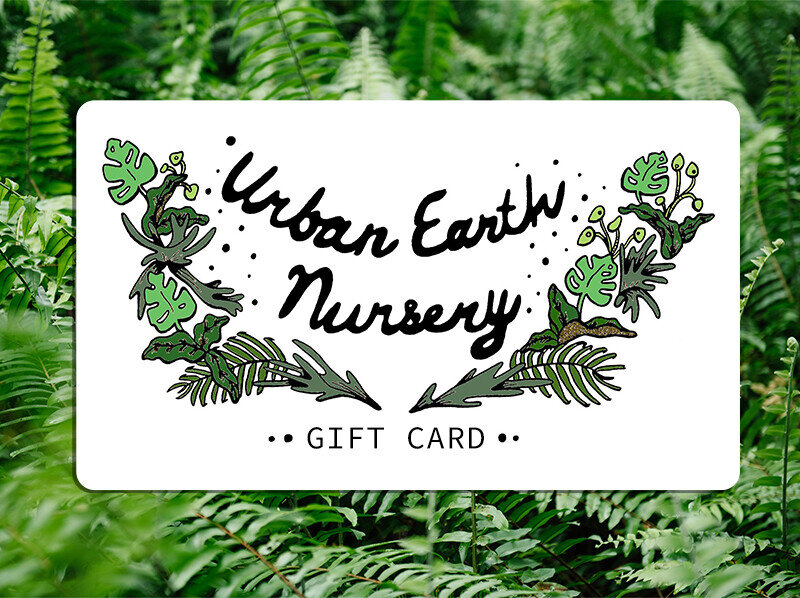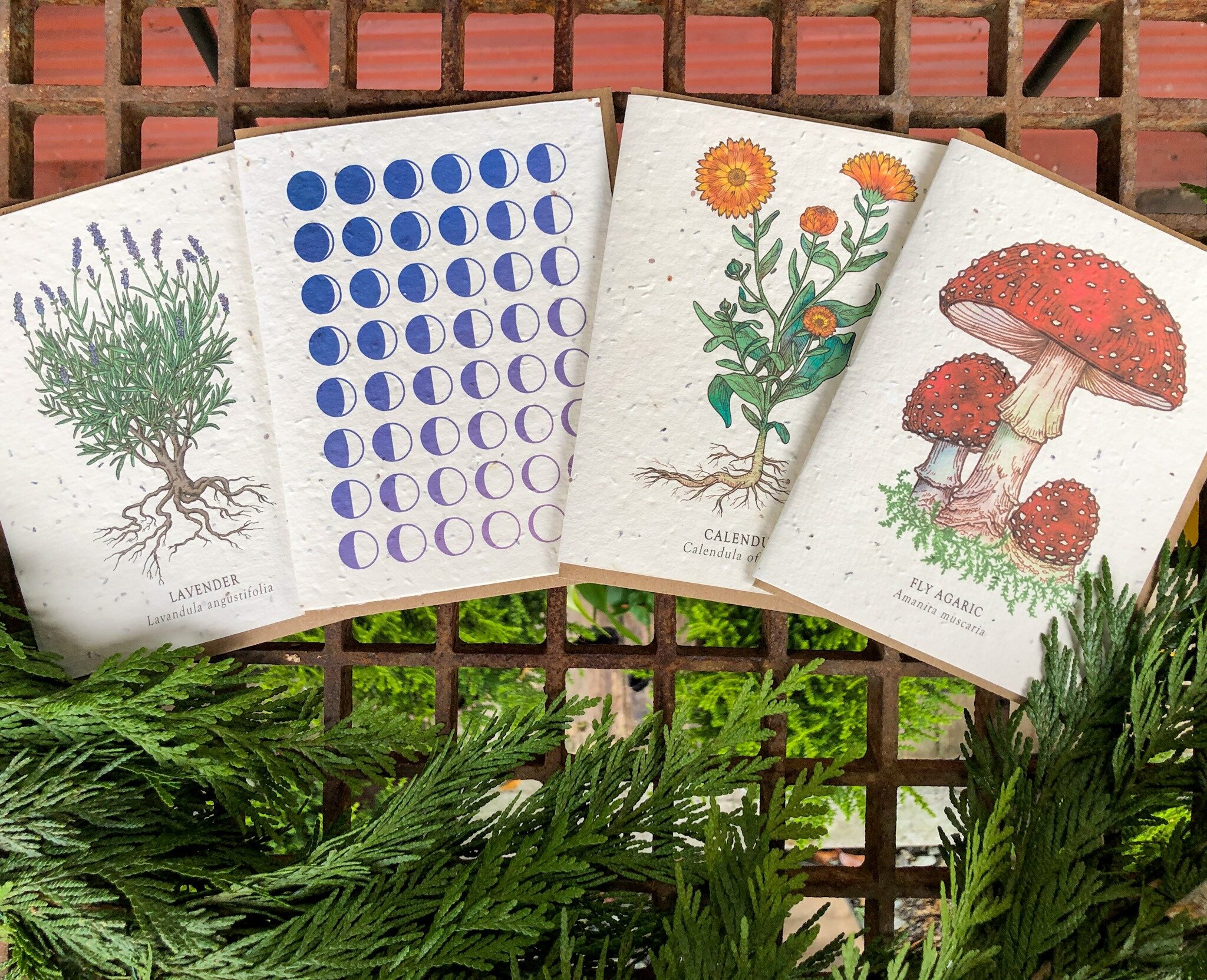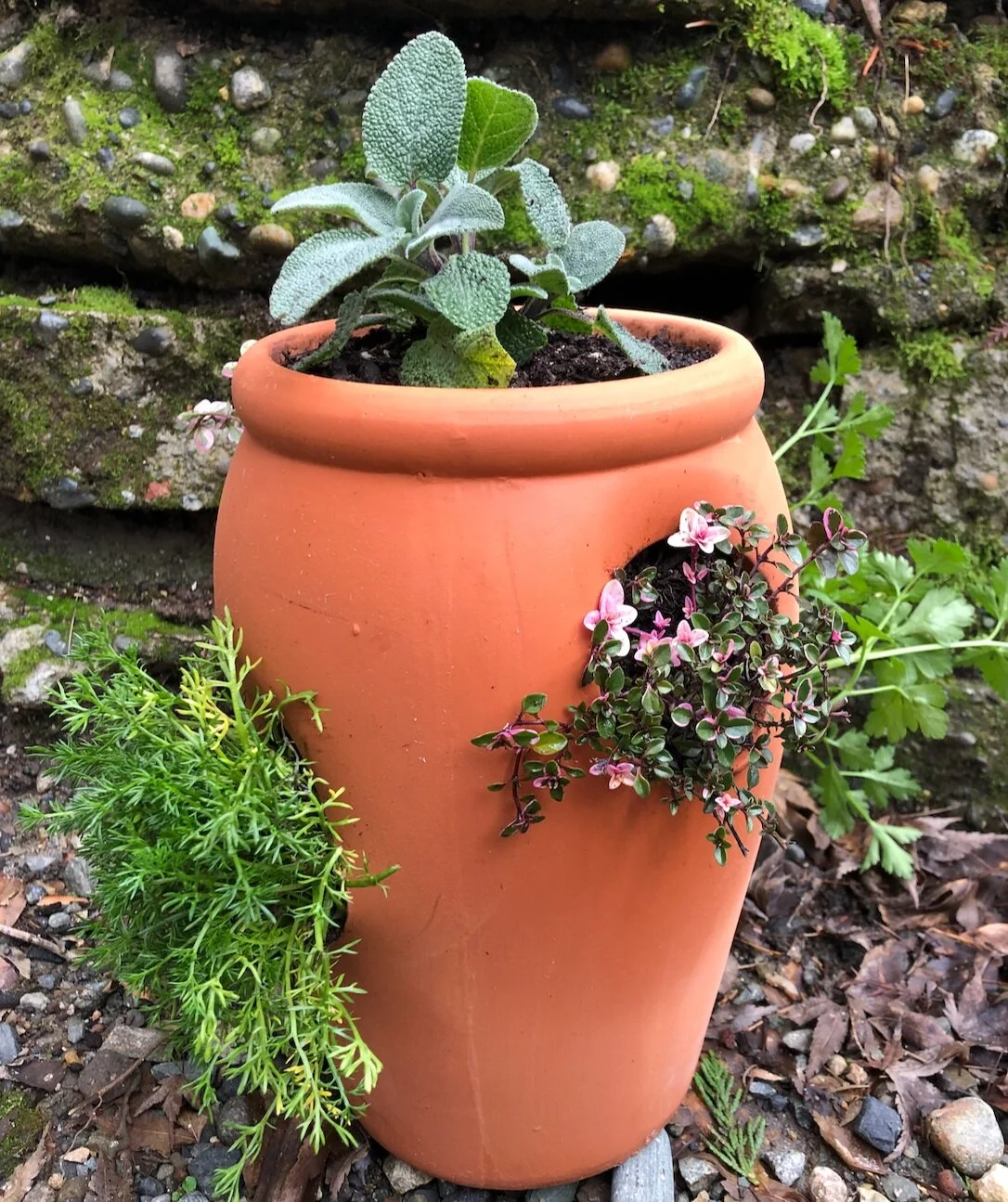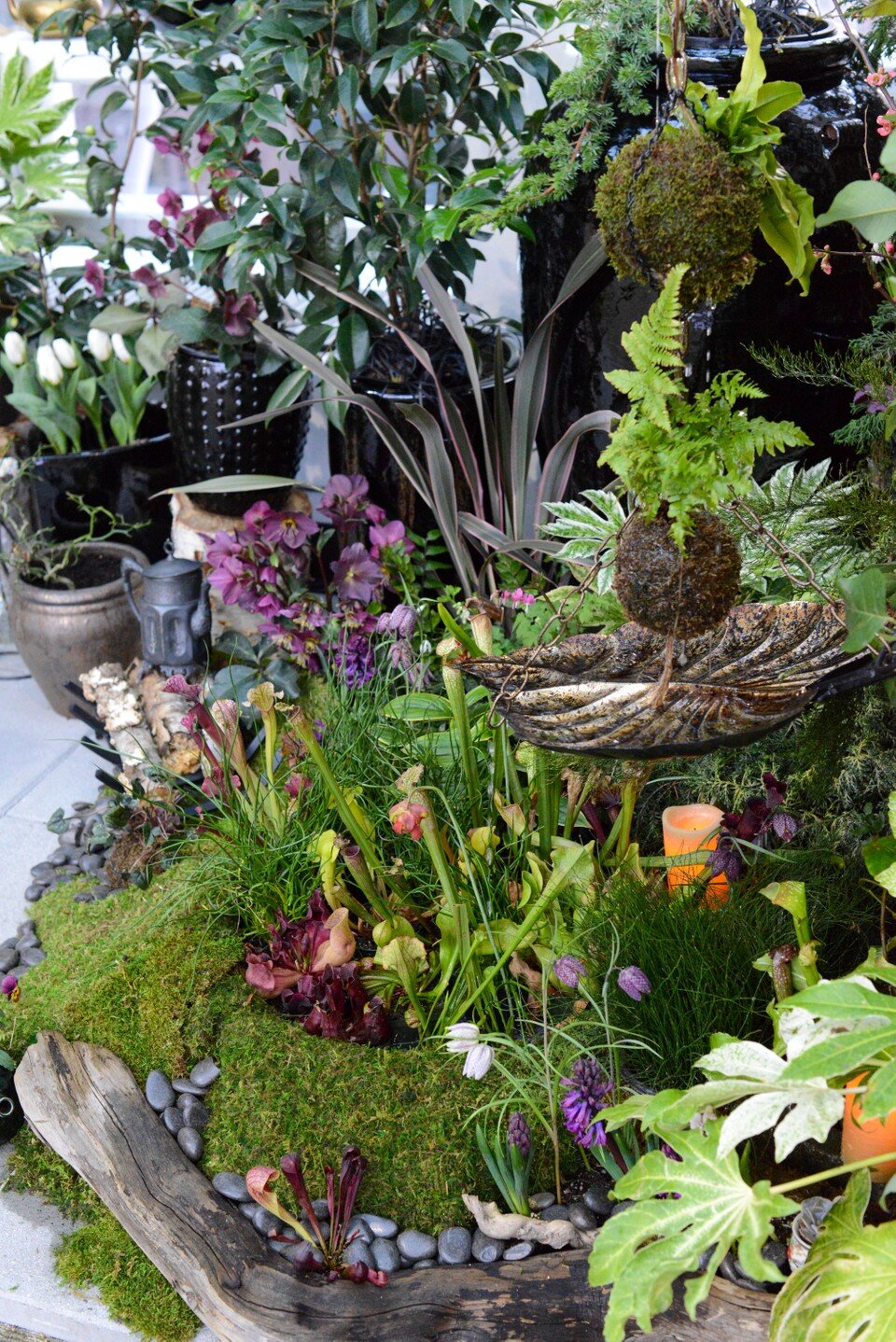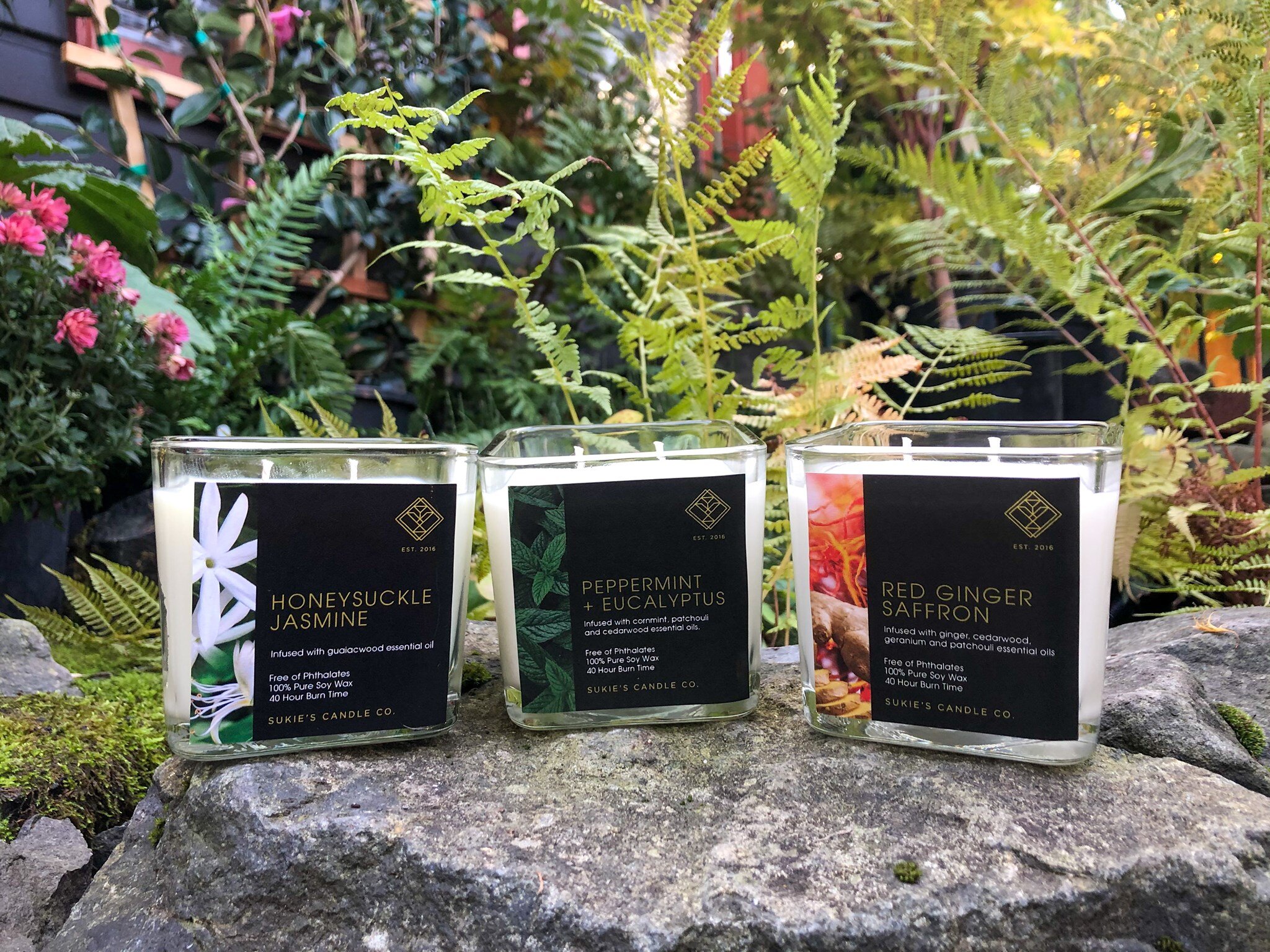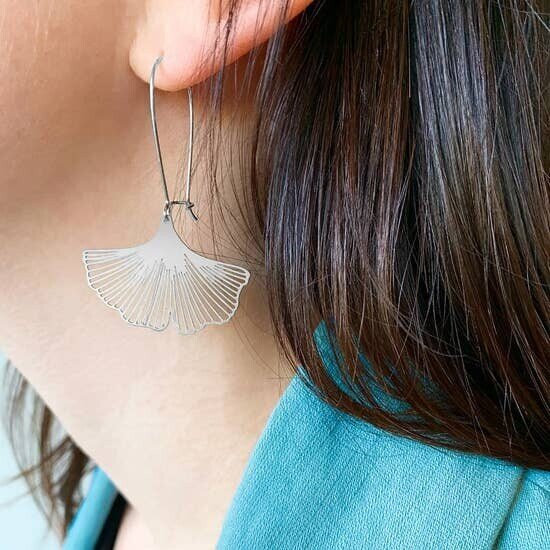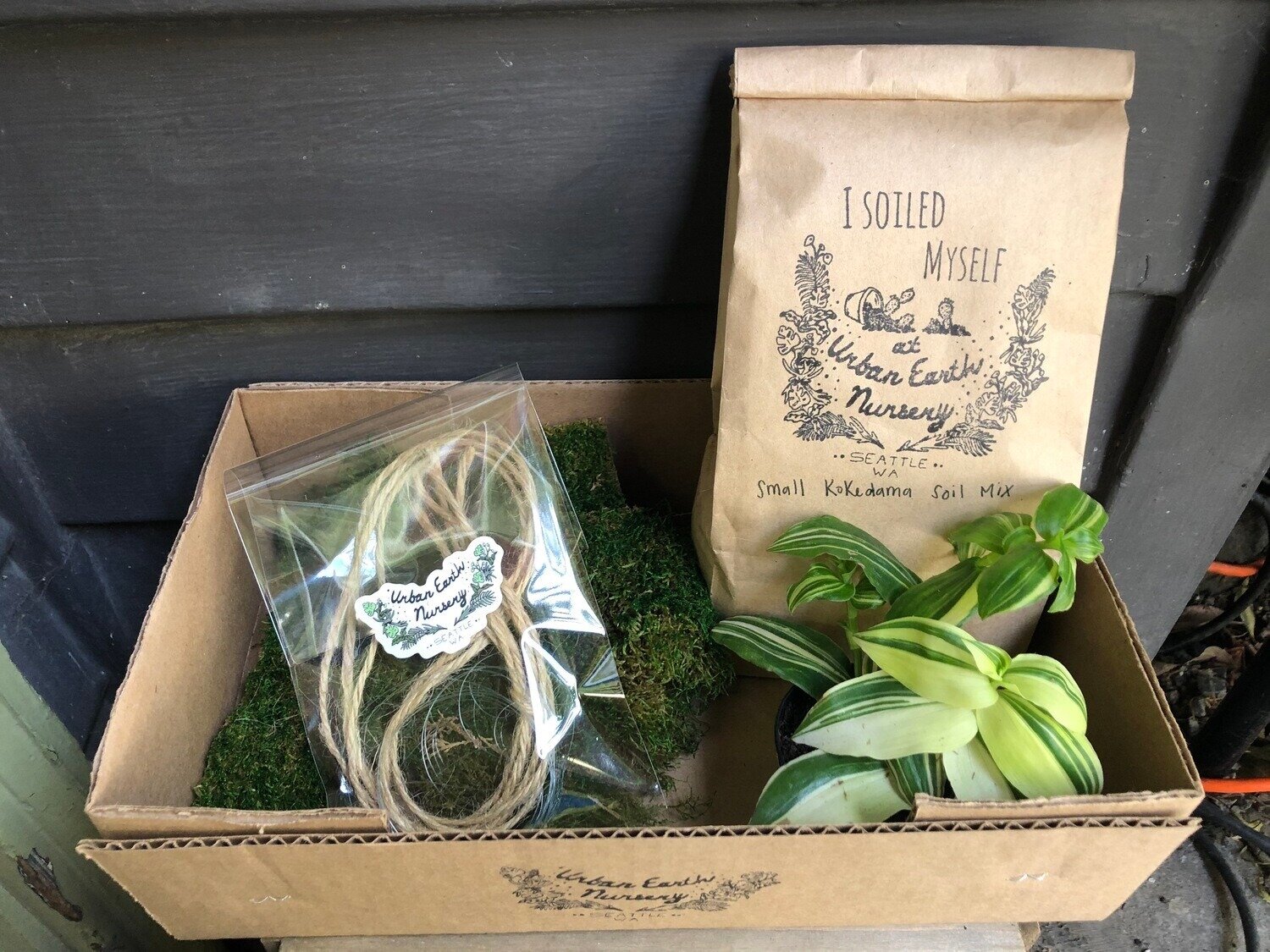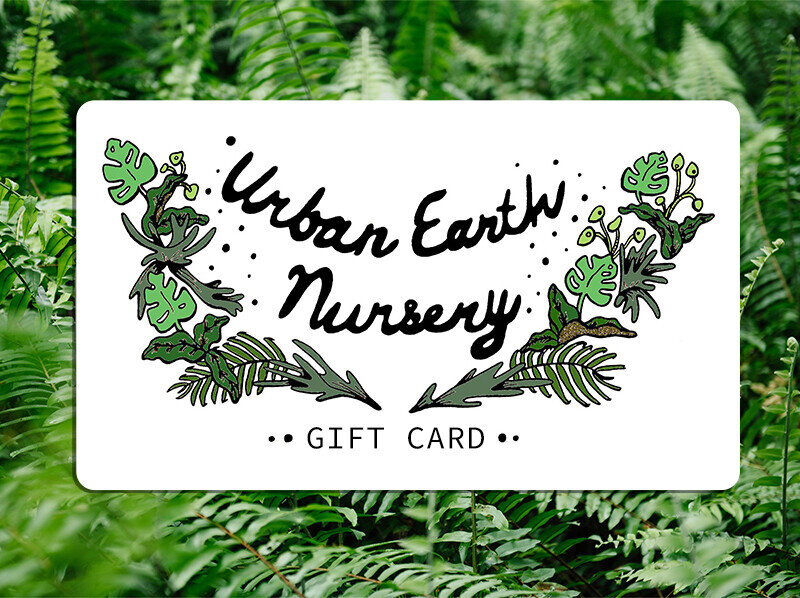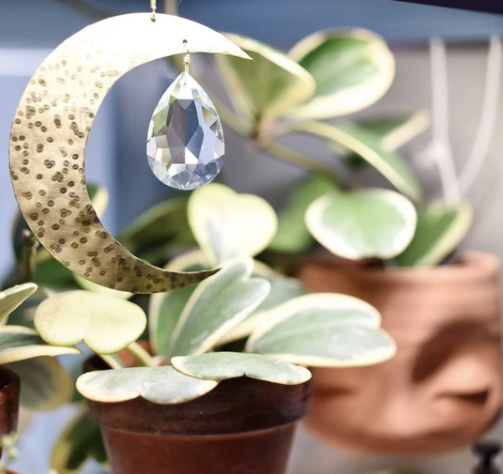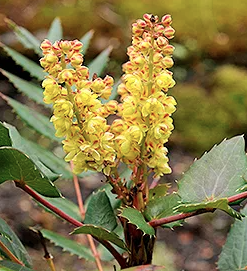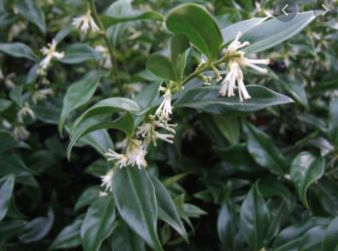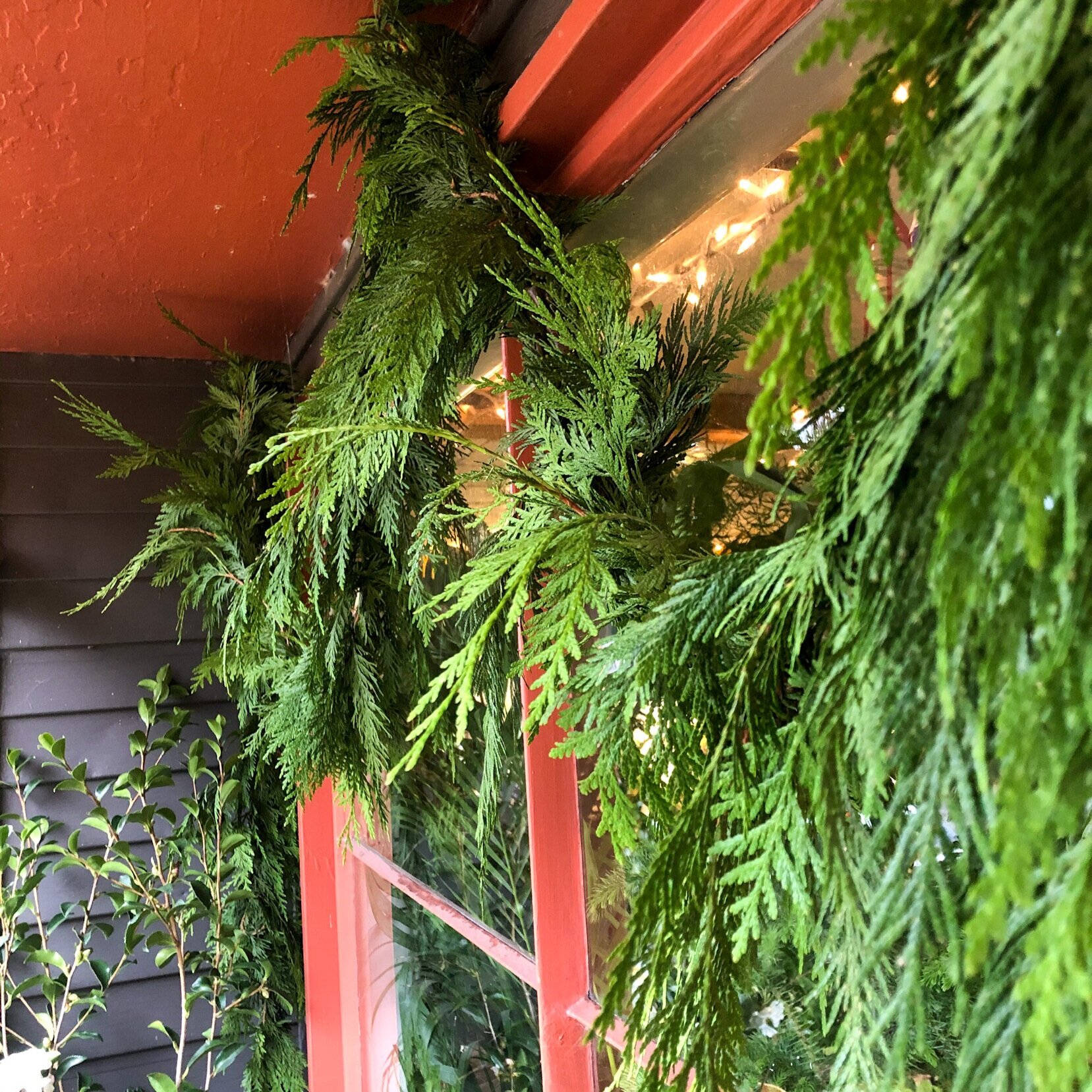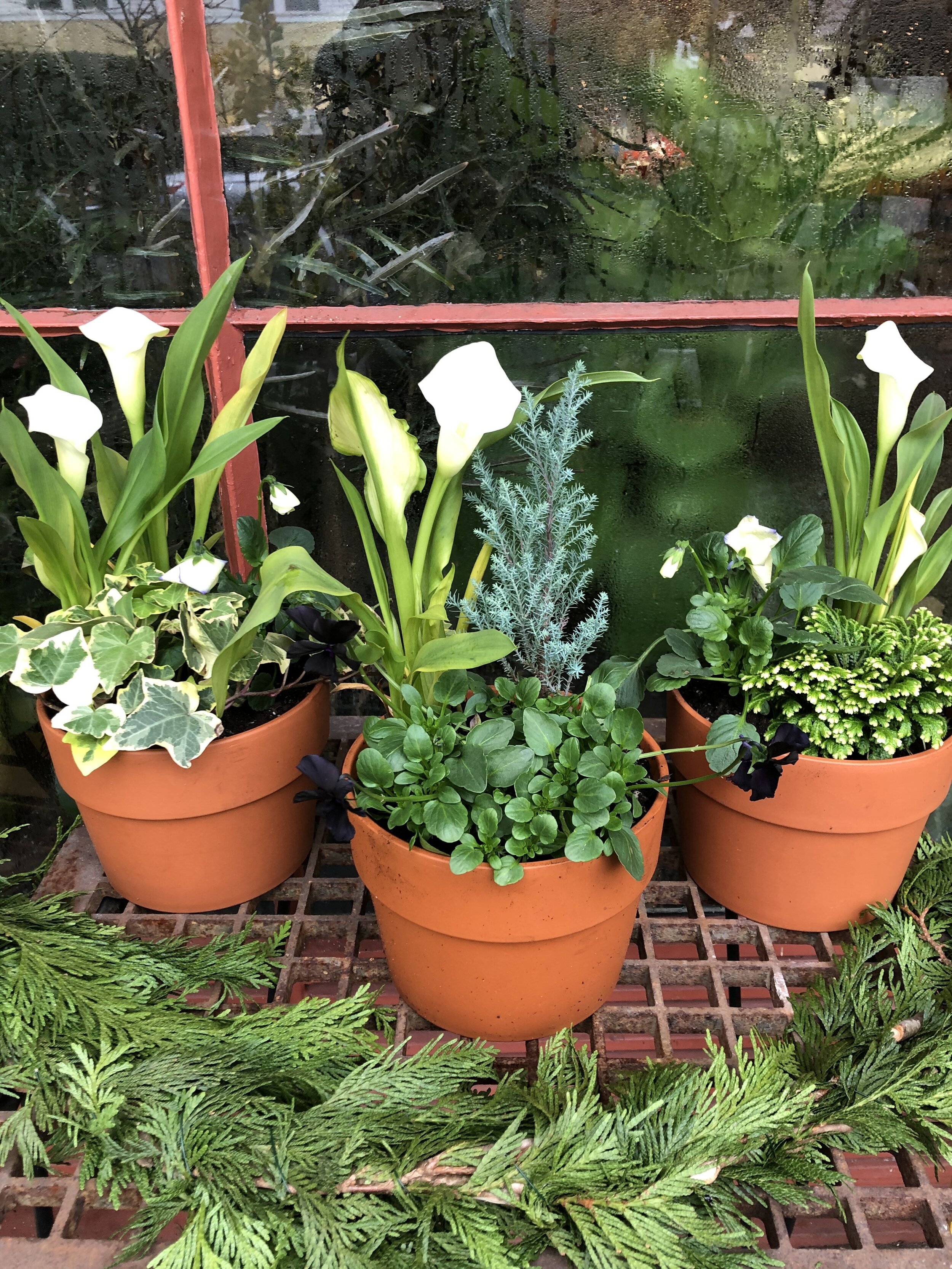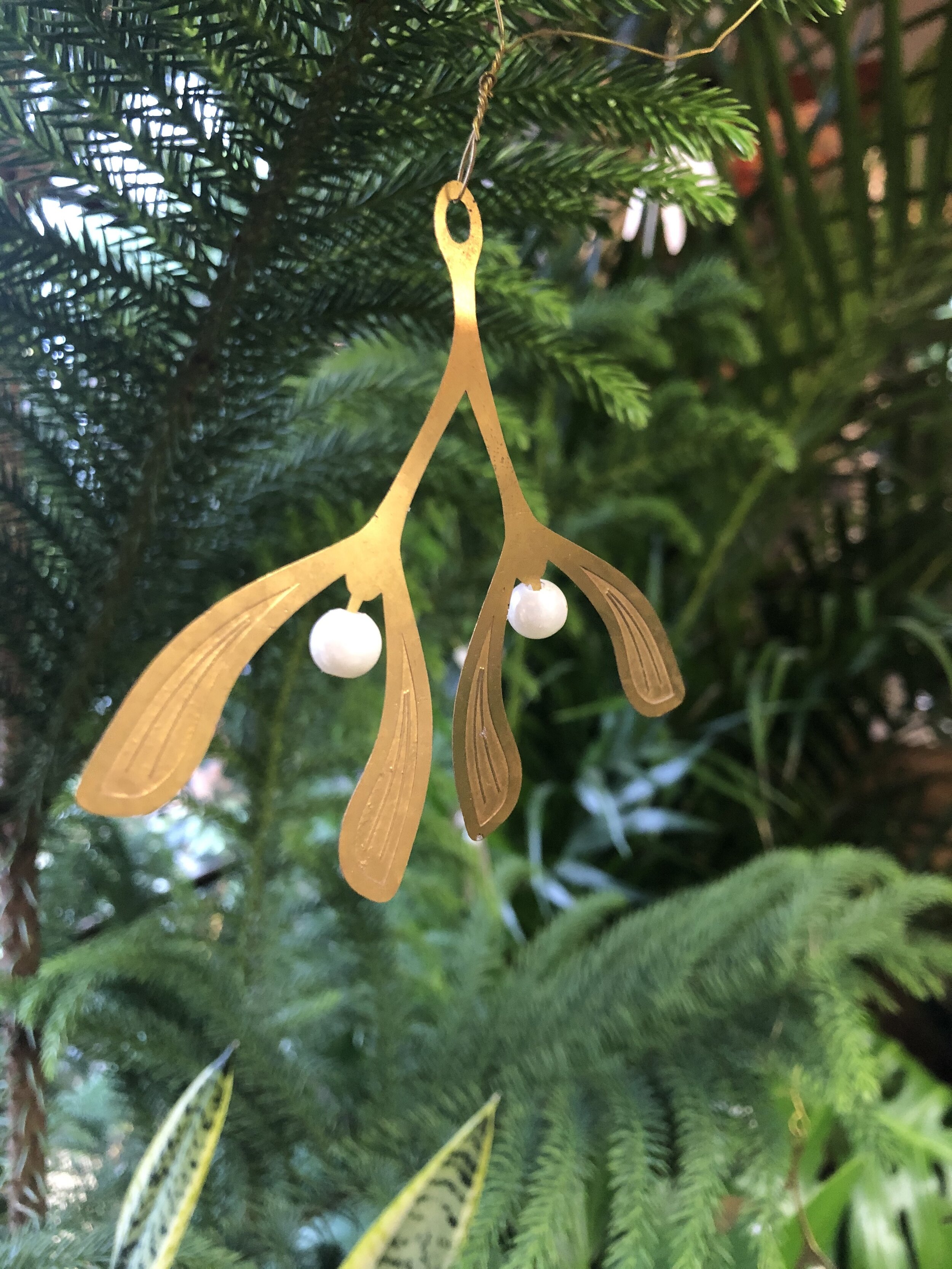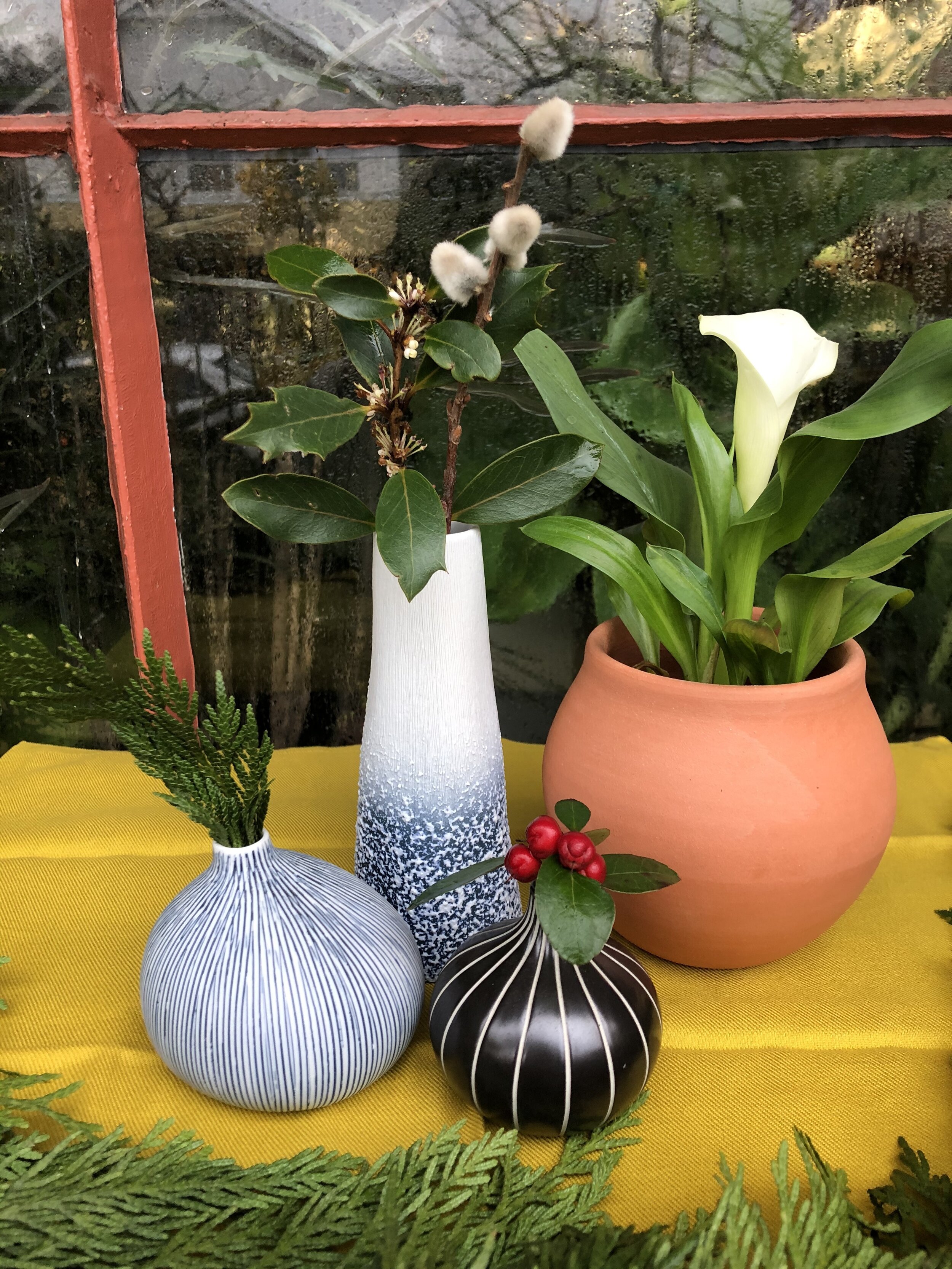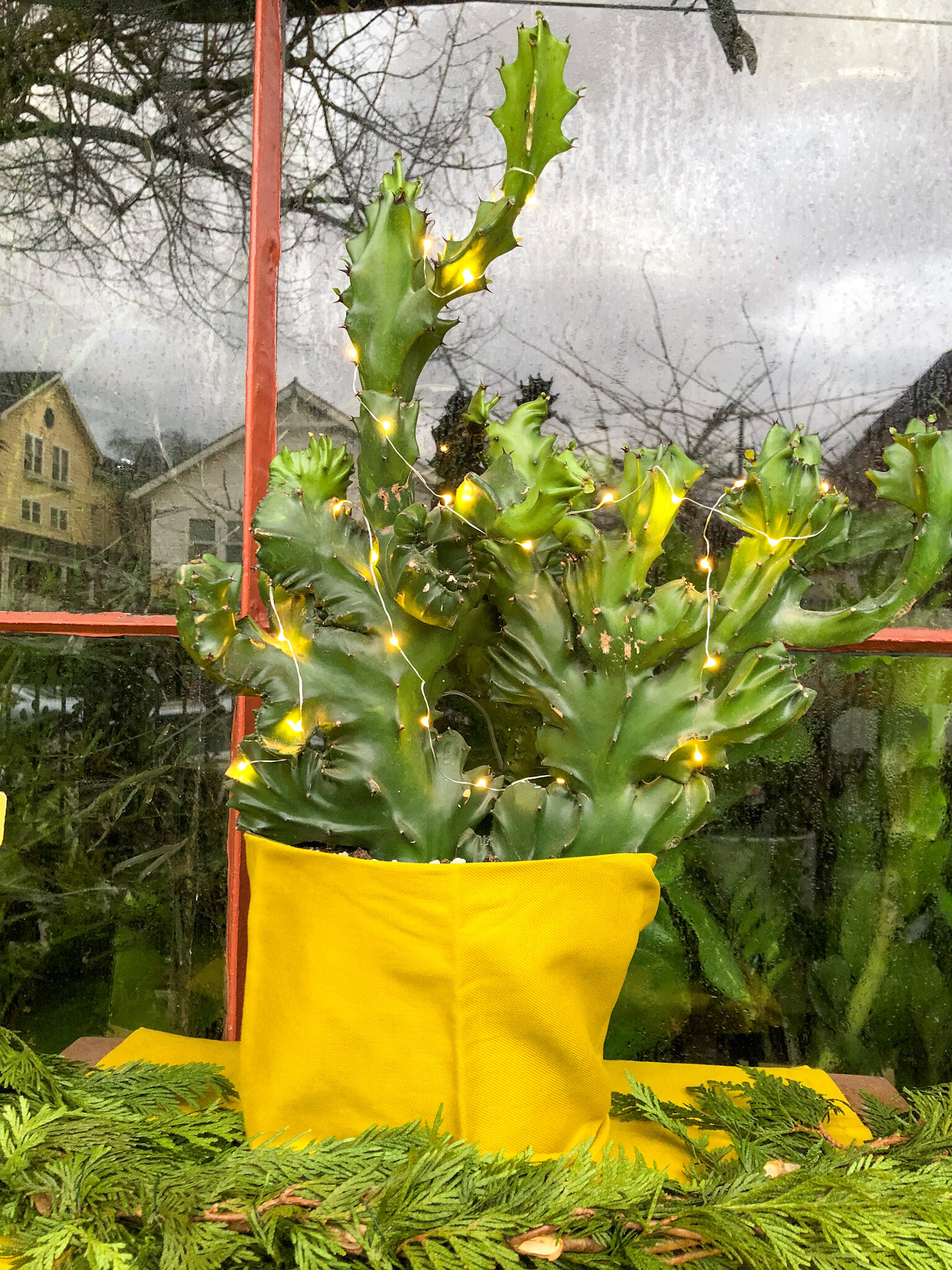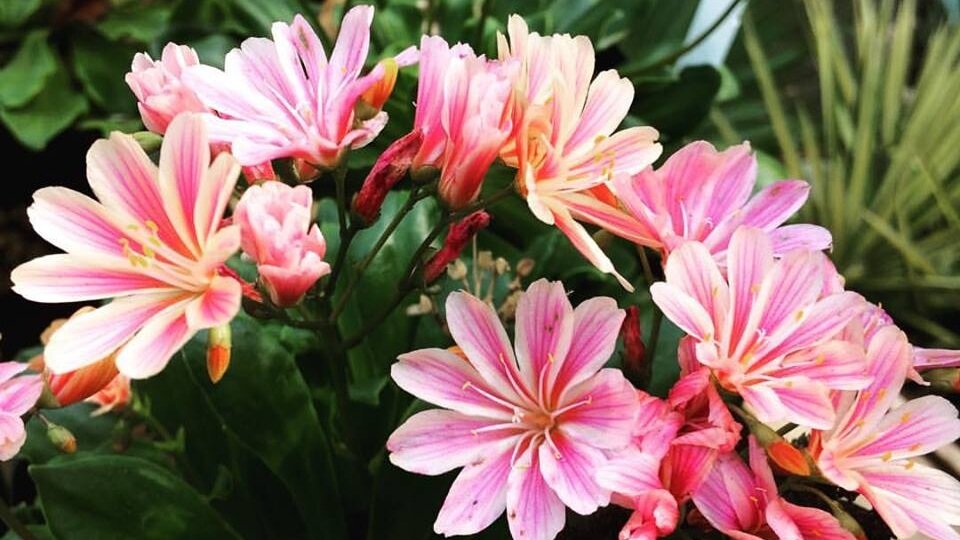
A Plant Powered Approach to Controlling Aphids
Of all of the insects that commonly visit your garden, aphids seem to be the most unwelcome guest. We’ve received numerous phone calls this season from customers looking for lady bugs to release in their garden. Unfortunately, the lady beetle population was dramatically impacted by last years fires, so we haven’t be able to bring them into the nursery. The good news, there are other holistic approaches to try, before reaching for a chemical control. Simply try controlling your aphid population with plants!
Plants that Naturally Repel Aphids
Aphids aren’t big fans of aromatic herbs. Planting garlic, chives, leeks, catnip, fennel, dill and cilantro will help repel aphids. Marigolds are also known to drive away a number of unwanted pests. Research good companion plants for these garden additions and place them wisely.
Plants that Attract Aphids
While some plants naturally repel, others are known to attract aphids. These trap plants will allow the population to be concentrated in one location, making it easy to spray or remove the little guys from your garden. These plants include Nasturtiums, Nicotiana and Sunflowers. Just make sure not to plant them too close to your key plants, as aphids might travel.
Let us know how this plant powered approach to aphid control works for you! Share your comments below or on Instagram.
Tomato Tidbits
Vigorous indeterminate plants produce slightly flattened, 13–14 ounce tomatoes with a purple cast and a good, rich flavor. Shoulders will remain green when ripe. One of the best-producing heirloom tomatoes. Great slicing tomato for sandwiches or served with cheese for a yummy snack!
Named for its shape, not flavor, the Pineapple tomato is a bi-color beefsteak tomato. The flavor improves towards end of season, with mildly sweet with low acidity, somewhat fruity, and includes a hint of citrus. Indeterminate.
A rare family heirloom from Poland, brought to Amsterdam, NY in the 1900s by the Opalka family. Indeterminate, regular leaf plant with wispy foliage produce some of the best tasting, red, paste tomatoes with 5-inch long fruit with a pronounced tip on the bottom. Fruit has very few seeds, is extremely meaty and loaded with rich sweet flavors lending to its sauce appeal.
Its name is simply Italian for oxheart. These big tomatoes have a bottom-heavy shape reminiscent of a pouch with a gathered top. They measure 3 ½ inches wide and 4 inches long and weigh in just under ½ pound each. Cuore di Bue is one of the tastiest saucing types with dense flesh and lustrous, orangey-red skin. Indeterminate.
The ultimate tomato for tomato paste and sauces. The compact, determinate Roma produces a large harvest of thick-walled, meaty, bright red, egg-shaped tomatoes about 3 inches long and with few seeds. While they can be eaten raw, they are at their best when cooked. A great addition to an omelet!
Photo courtesy of Skagit Horticulture
Beautiful, lemon yellow-skinned tomatoes with wonderful flavor. Lemon Boys are good for slicing, sandwiches, salads, cooking with pasta, and as a bisque. They make an especially striking salsa when combined with red tomatoes. Indeterminate.
Developed by Dr. James Baggett with Oregon State University, Oregon Spring are renowned for their early yields and ability to set easily in cool weather. The early tomato of choice for growers in cold, wet climates or anywhere with a short growing season. Fruits have a mild, sweet flavor and remain nearly seedless until the end of summer. Determinate.
If you want large, delicious, bright red, high yielding fruits all season, plant a ‘Better Boy’. This tomato is highly adaptable and has very good disease resistance. It also has good foliage protection to prevent sun scald.
Indeterminate Sungold vines are vigorous, early to bear, rich-tasting, juicy cherries are borne on long trusses for seasons long harvests of exceptional quality, superb orange color and the sweetest tomato flavor. This will be your favorite summer snack!
Photo courtesy of Skagit Horticulture
This heirloom cherry tomato features a rich mahogany-purple color and sweetly complex flavor. The round, 1-inch fruits grow in abundant heavy clusters on vigorous, fast growing indeterminate plants. Renee’s Garden Tip: For a delicious side dish, briefly sauté in a garlicky olive oil, then sprinkle with chopped fresh chives and basil.
From tomato breeder, Brad Gates of Wild Boar Farms. These rare, crack resistant, elongated multi-colored large cherries grow in clusters. When immature, the fruit is lavender and purple striped, turning to green, redish-brown with blue stripes when fully ripe! Inside you’ll find green flesh with a blushed red when extra ripe. The fruit range from large grape to plum sized, and are delicately sweet.
Determinate tomato plants ripen a heavy crop over a few weeks. Indeterminate varieties bear fruit continuously until frost.
Pick tomatoes when they are as ripe as possible. They should be fully colored and firm and picked regularly to avoid overloading plants.
At the end of the season, when you know there will be a frost, pick all the almost-ripe tomatoes you can, and ripen them in brown bags or spread on newspapers at room temperature. Many cultivars will store for months. Store only sound fruit, at 50-60°F. Do NOT refrigerate and try to avoid having the fruit touch each other.
The foliage of tomatoes is toxic and should not be eaten.
Sources:
- Territorial Seed Company, Renee’s Garden Seeds, Burpee Seed Co., Skagit Horticulture
Reccomended Reading: https://www.almanac.com/plant/tomatoes
Mother's Day Gift Ideas
In case you need a reminder: Mother’s Day is this Sunday, May 9 — and after an especially hard year, this Mother’s Day is a very good time to shower the maternal figures in your life with some much-deserved love and attention. And whether you see her every day, or she is far away, you can show your gratitude with a gift that tells her how much she means to you.
Planting up a Strawberry Pot
Strawberry Pots are a great choice for space saving planting! Perfect for herbs, succulents, annuals, edible flowers and strawberries; these pots are super easy to plant and look fantastic on your patio. We made a quick video tutorial of how to plant up a Strawberry Pot!
Items Used:
- Strawberry Pot
- Potting Mix
- Herbs
Virtual Northwest Flower & Garden Show
The Virtual Northwest Flower and Garden Show starts on Friday! We are reminiscing on last years show with photos of our display, "Alice's Woodland". Paying tribute to Alice Eastwood, a self-taught botanist and women of science. Designed by Juli Bertucci and the other strong women at Urban Earth Nursery.
Recipient of the City Living People's Choice Award
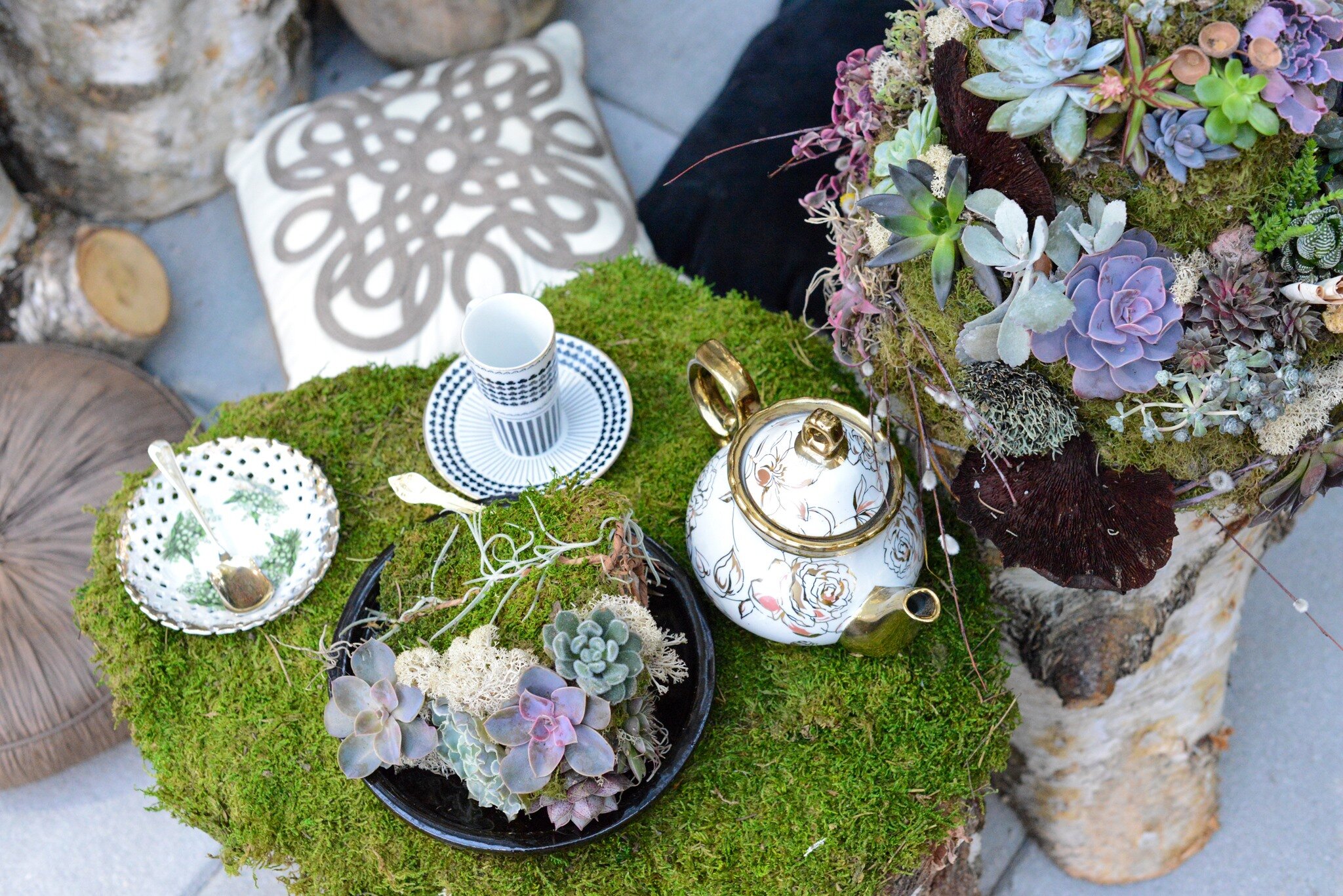
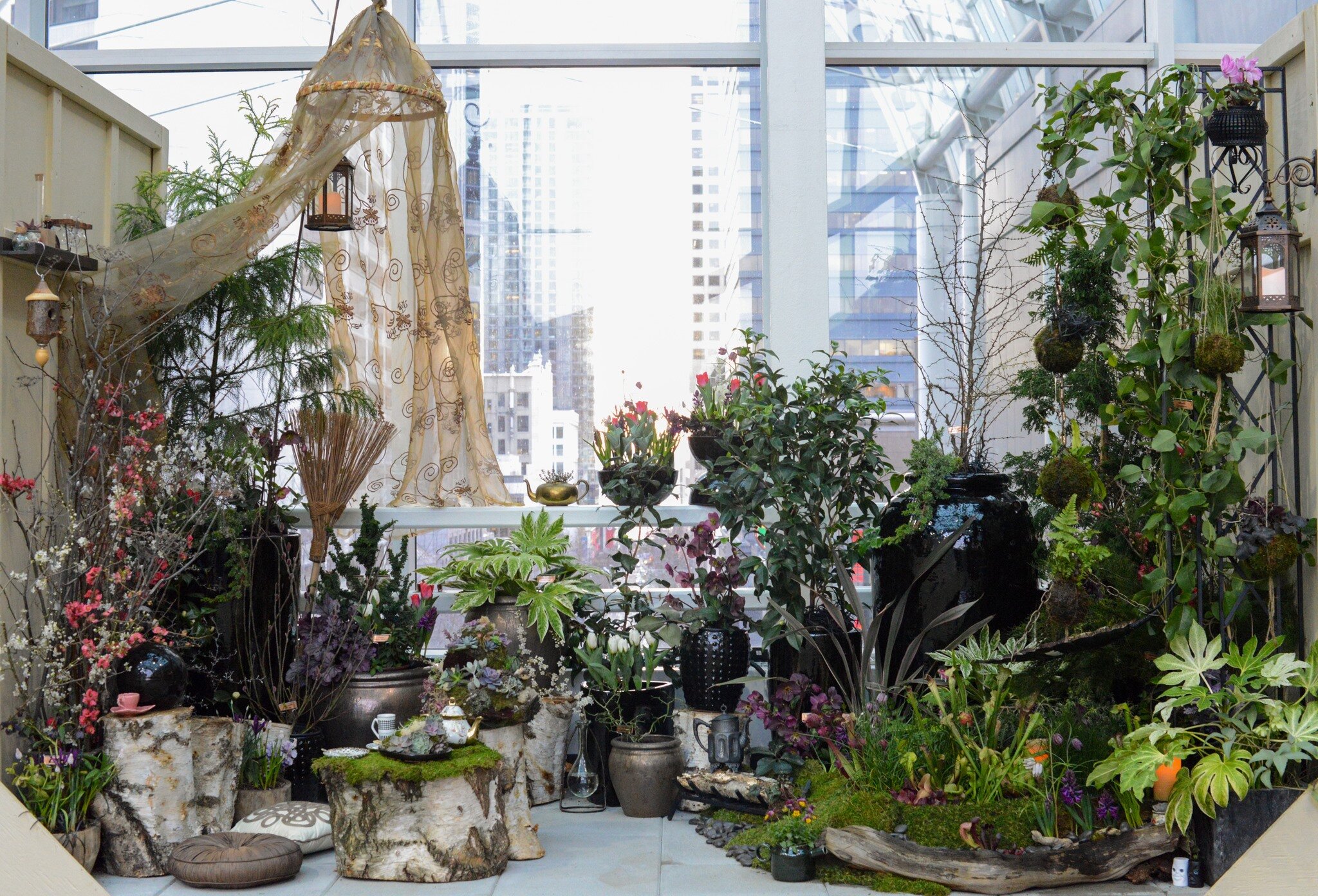
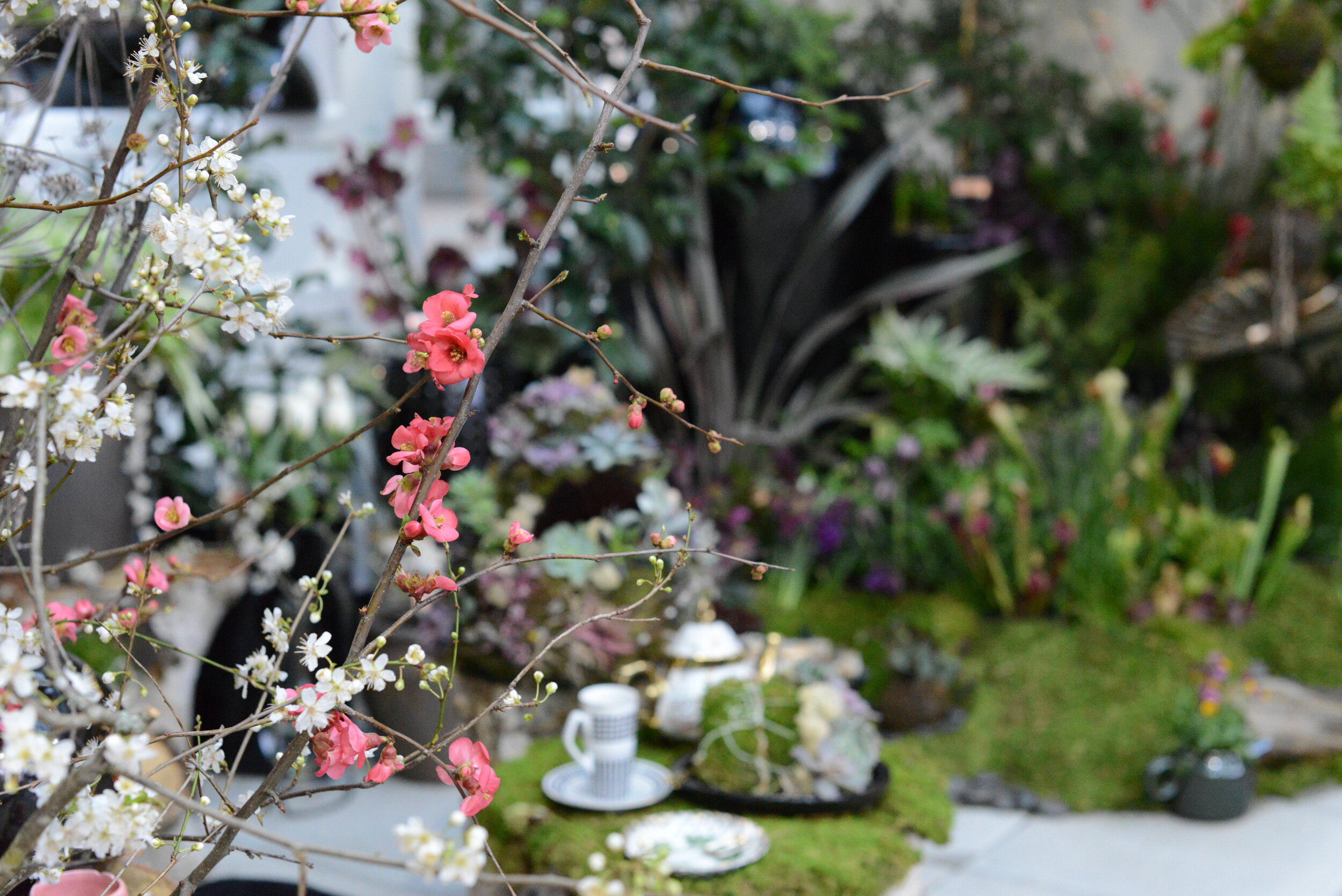
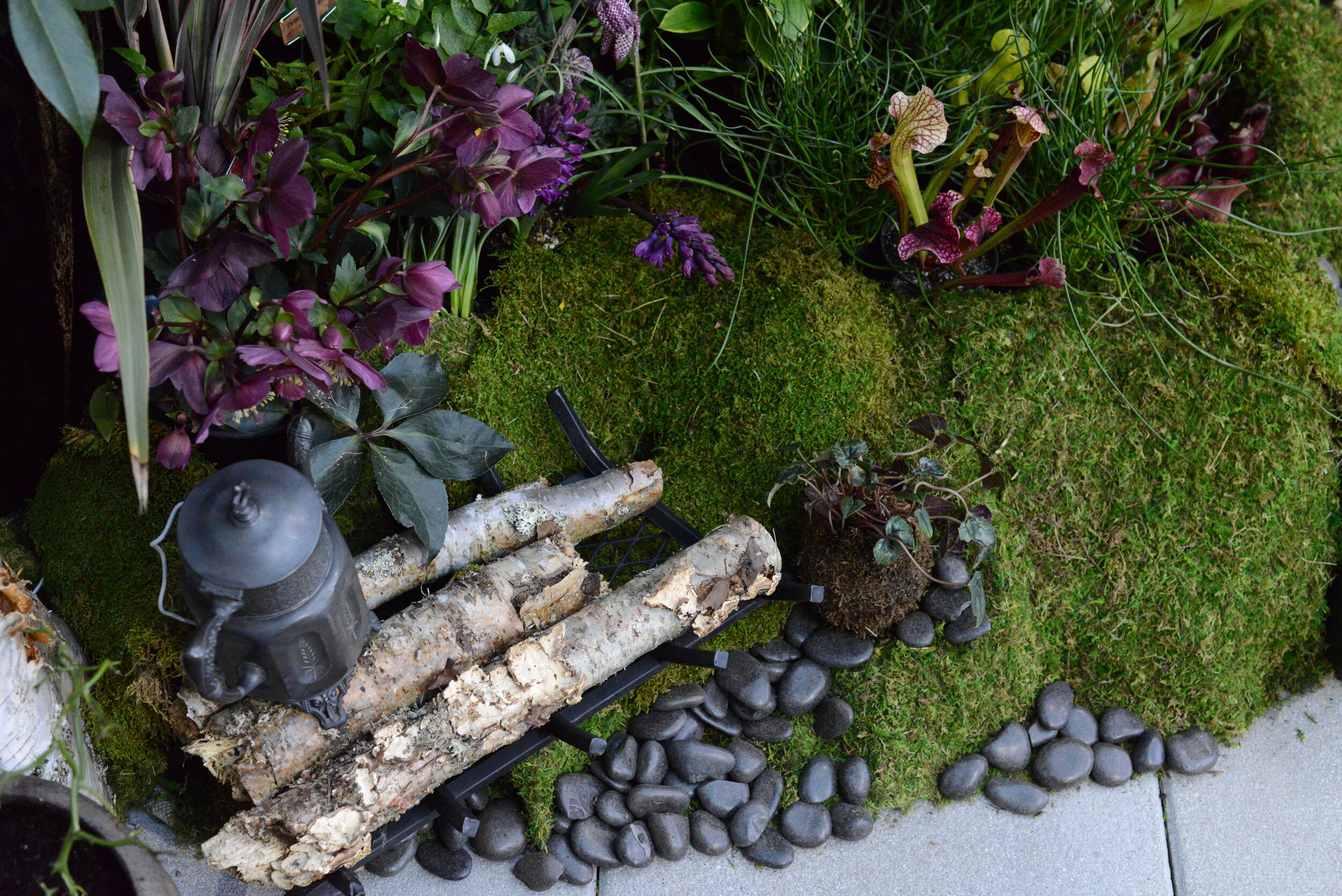
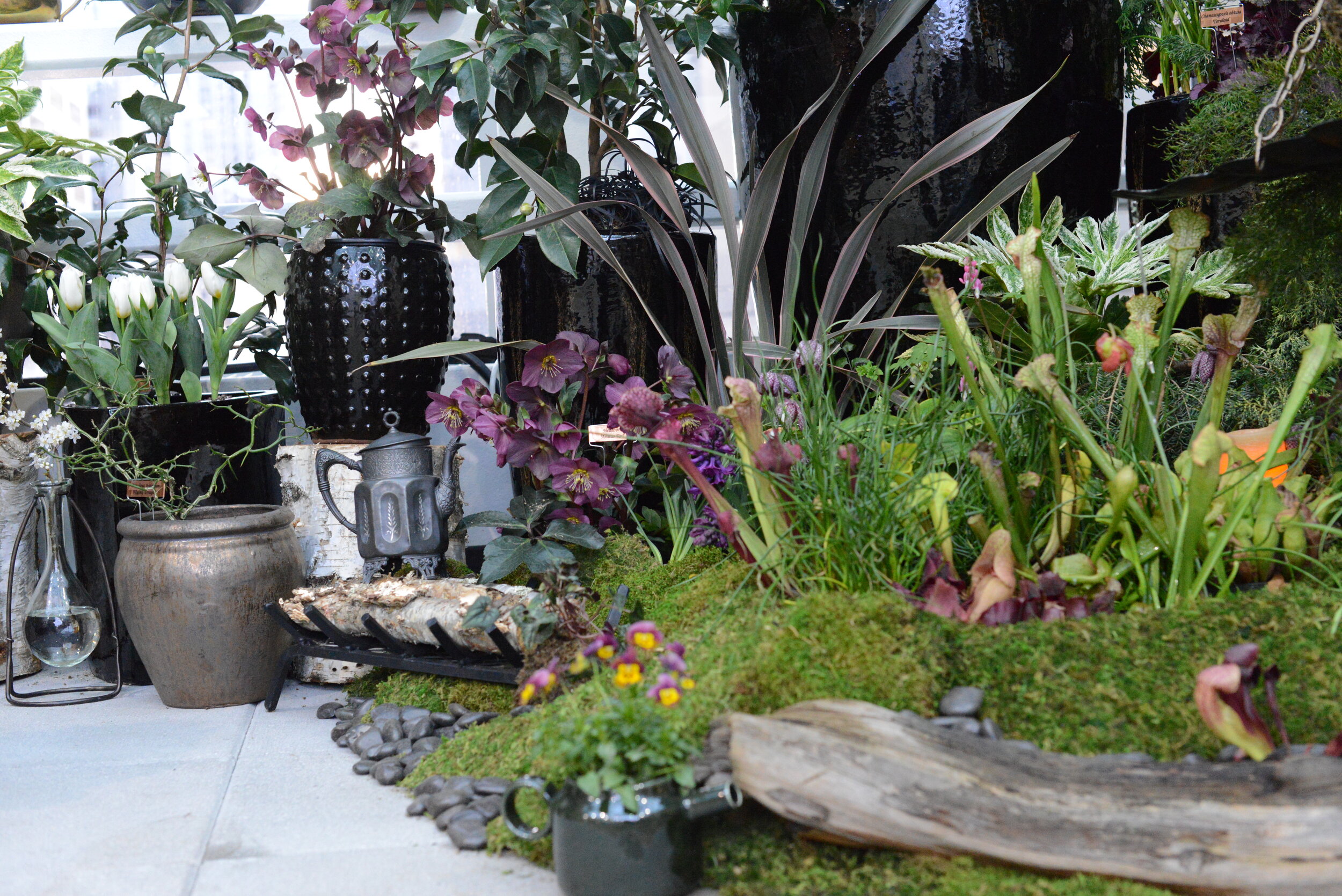
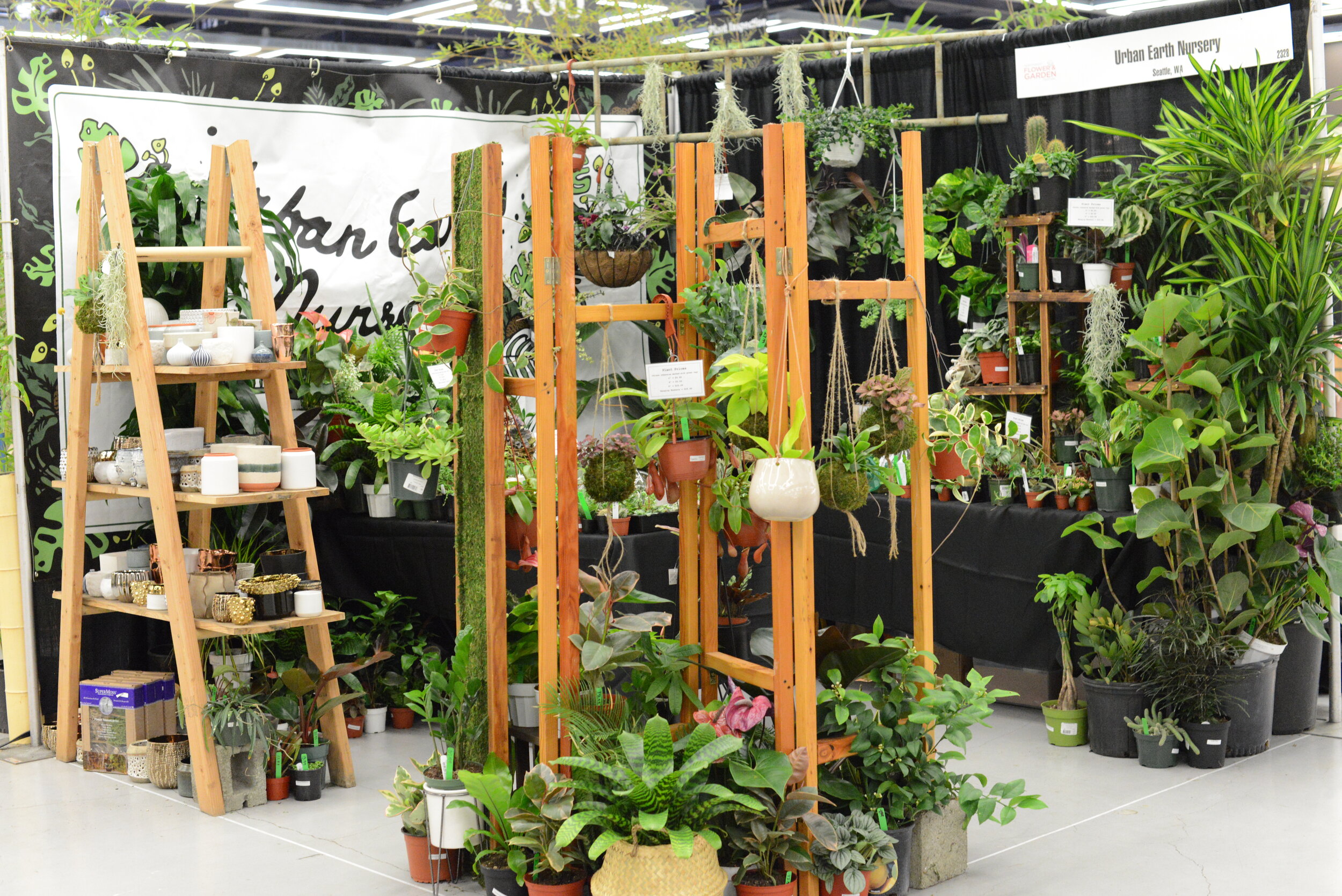
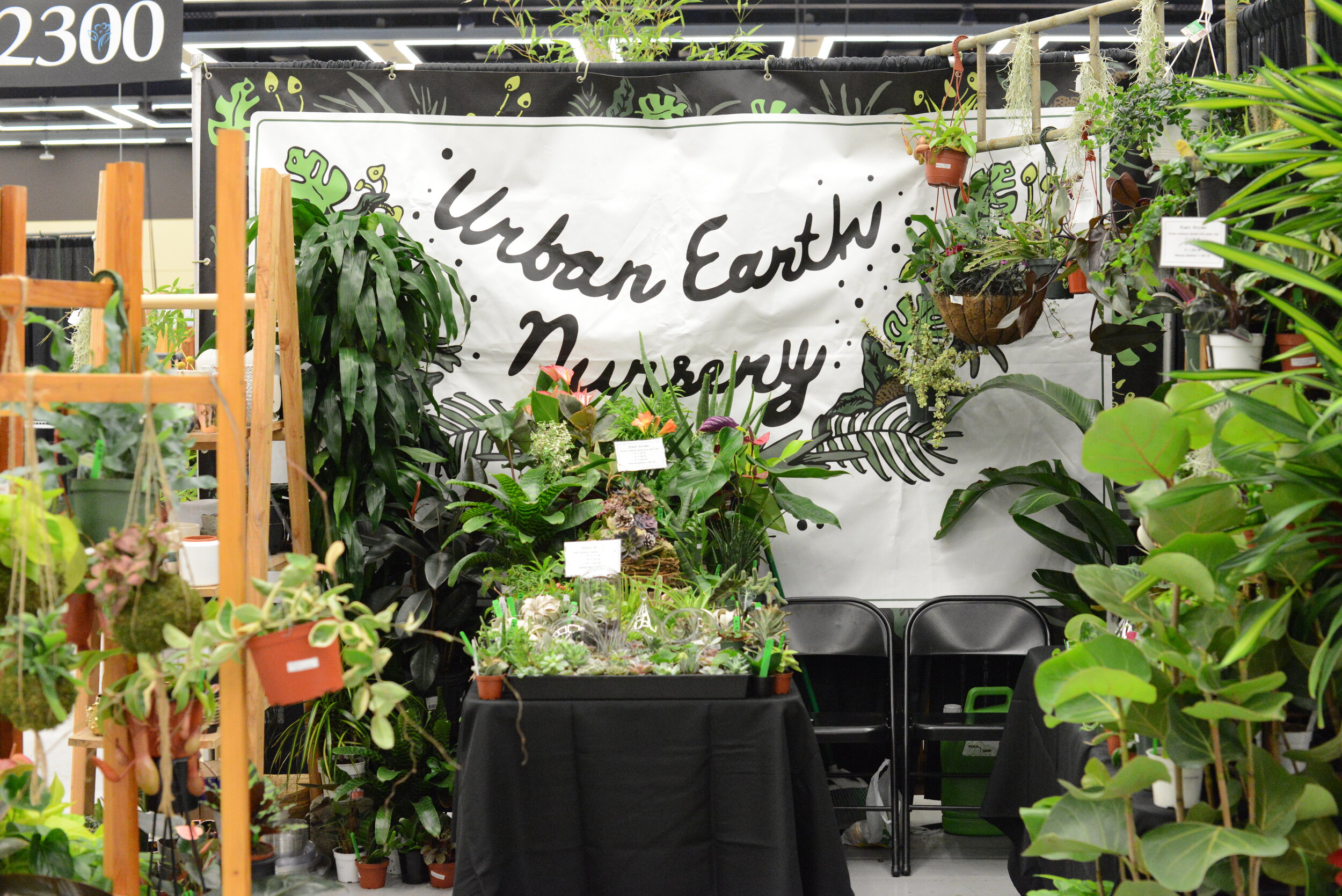
The Virtual Garden Show runs from 2/19-2/22. We are offering a special discount to everyone who shops with us during the show - simply search Urban Earth for the promo code.
“Alice’s Woodland” a dedication to Alice Eastwood
As a young girl, Alice Eastwood spent her family vacations rambling the hills of Colorado gathering botanical specimens; the first step of a mania for collection that would net hundreds of thousands of samples stretched across six decades.
Her early botanical work was part of California’s storied age, when the only way to get rare desert plants was to load up a horse and ride into the unknown. On those excursions, she collected specimens and discovered several plants, including Eastwood's willow and Hickman's potentilla.
In 1894 she became the Curator of Botany at Academy of Sciences in San Francisco, a post she would hold officially until 1949. In 1906, the great San Francisco earthquake set the city ablaze. Eastwood ran into the burning Academy of Sciences to retrieve the treasure trove of specimens she has spent her life collecting and organizing for the institution. Having saved 1,497 crucial specimens from the fire, she then set about the task of rebuilding the remainder of the collection. Within four decades, the 1,497 specimens she saved grew to 300,000.
Eastwood wrote over three hundred botanical articles and books that gave the shrubs and flowers everyday life personalities, that let people see the charm in plants that she saw, creating a city-wide enthusiasm for flora that spawned a Fuchsia Society, an Orchid Society, a Mt. Tamalpais conservation society, a wildflower society, and which transformed Golden Gate Park into one of the world’s most enthusiastically maintained botanical sites in the country. Along with several buildings and gardens named in her honor, in 1903 Alice Eastwood was one of only two of the few women listed in American Men of Science, as being considered to be among the top 25 percent of professionals in their discipline.
Valentine's Day Gift Ideas
Urban Earth Plant Club Membership
Nothing says, “I love you” more than a years worth of plants! As a member of our plant club, they’ll receive a new plant each month, a box of goodies with each new season, $1 back on every $10 they spend at the shop, plus a direct line to our plant nerds whenever they need plant help!
Kokedama Kit
Have a dirty date night at home while crafting kokedamas! Our kokedama kit comes with all the materials you need to create a big mess and an awesome hanging plant.
Sukie’s Candles
Hand-poured, Vegan and Black Owned; Sukie's Candles create soft atmospheric environments that promote peace, sensuality, & deep relaxation. Each candle is made right here in Seattle, using mindfully sourced 100% pure soy wax, derived domestically from American farmers and have a clean 40+ hour burn time.
Plant Themed Jewelry
Their plant shelf might be full, but their jewelry box could use a few plants!
Gift Certificates
A great option for anyone you care about!
Local Charities on AmazonSmile
We are firm believers in shopping and supporting local businesses, but our little Fremont shop can only hold so much inventory. We know that your plants sometimes require more than we can offer, so you turn to Amazon (after checking all other local retailers fist, of course). Well, they have now made it easier than ever to support local charitable organizations with AmazonSmile!
It doesn't cost you any extra, you get the same shopping experience, and AmazonSmile will donate 0.5% of your eligible purchases to the organization of your choice! There are SO many incredible organizations available to support, but here are a few local non-profits you can support via AmazonSmile:
Neighborhood Farmers Market Alliance
Seattle-King County Coalition on Homelessness
Washington Native Plant Society
Northwest Family Life Counseling Center
Washington Water Trails Association
Setting up AmazonSmile is easy:
Join AmazonSmile
If you are not already an AmazonSmile member, sign up on your web browser. Simply select your favorite charity to start generating donations, at no cost to you.Get the app
Download or update to the latest version of the Amazon Shopping app on your phone. You can find it in the App Store for iOS or Google Play for Android.Turn on AmazonSmile
Open the app and find ’Settings’ in the main menu (☰). Tap on ‘AmazonSmile’ and follow the on-screen instructions to turn on AmazonSmile on your phone. We simply typed “Seattle, WA” in the search bar to make our little list.
Go ahead and set it up now, that way it will be good-to go for all of your future Amazon purchases!
What other local charities are on AmazonSmile? Shout out your favorites in the comments!
Hummingbirds Winter Feast
Here in Seattle, we are lucky to have hummingbirds year round! But, If you only plant spring/summer bloomers in your yard, our tiny feathered have to change course to find a new source of nectar. To help out our backyard guests, consider planting the following winter blooming plants with nectar rich flowers:
Their bright yellow flowers stand out among evergreen foliage and snow to attract hummingbirds and other pollinators. Soft Caress will add a wonderful texture to your container or shade garden.
Similar candelabra-shaped yellow flowers as the Soft Caress, but with a broader leaf. Oregon Grape is a native plant that will help feed our fast flying friends.
The bright-red flowers, centered with golden stamens are eye-candy to you and taste like candy to the little hummers.
This shrub is great for dry shade. In January, it blooms a gazillion fragrant, nectar-laden flowers that are the perfect size and shape for a hummingbirds beak. It’s a real hummingbird feast!
As the blooms open in late winter, hummingbirds swarm their fragrant flowers. Even though hummingbirds lack a sense of smell, they know when these beauties begin to bloom.
Clicking on the image or plant name leads you to our online shop.
These are just a few favorites, but there are a lot more lovely options. Be sure to check the tags at the nursery for the pollinator icon when purchasing plants with them in mind. Add your favorite winter blooming pollinator friendly plants in the comments!
Spruce up your home for the holiday
We could all use a little magic this holiday season. Urban Earth has the quirky, twinkly, greenery to add a little joy to your home!
Decorate your mantle with fresh cedar garland, or a locally made Monstera garland from Vida & Luz!
This untraditional year could use an untraditional holiday tree! Norfolk Pines, Cactus, Camellias, small conifers or really any plant that you have are great alternatives to a large Christmas tree - just add lights!
No matter how you celebrate, we wish you a peaceful and joyful holiday season.
